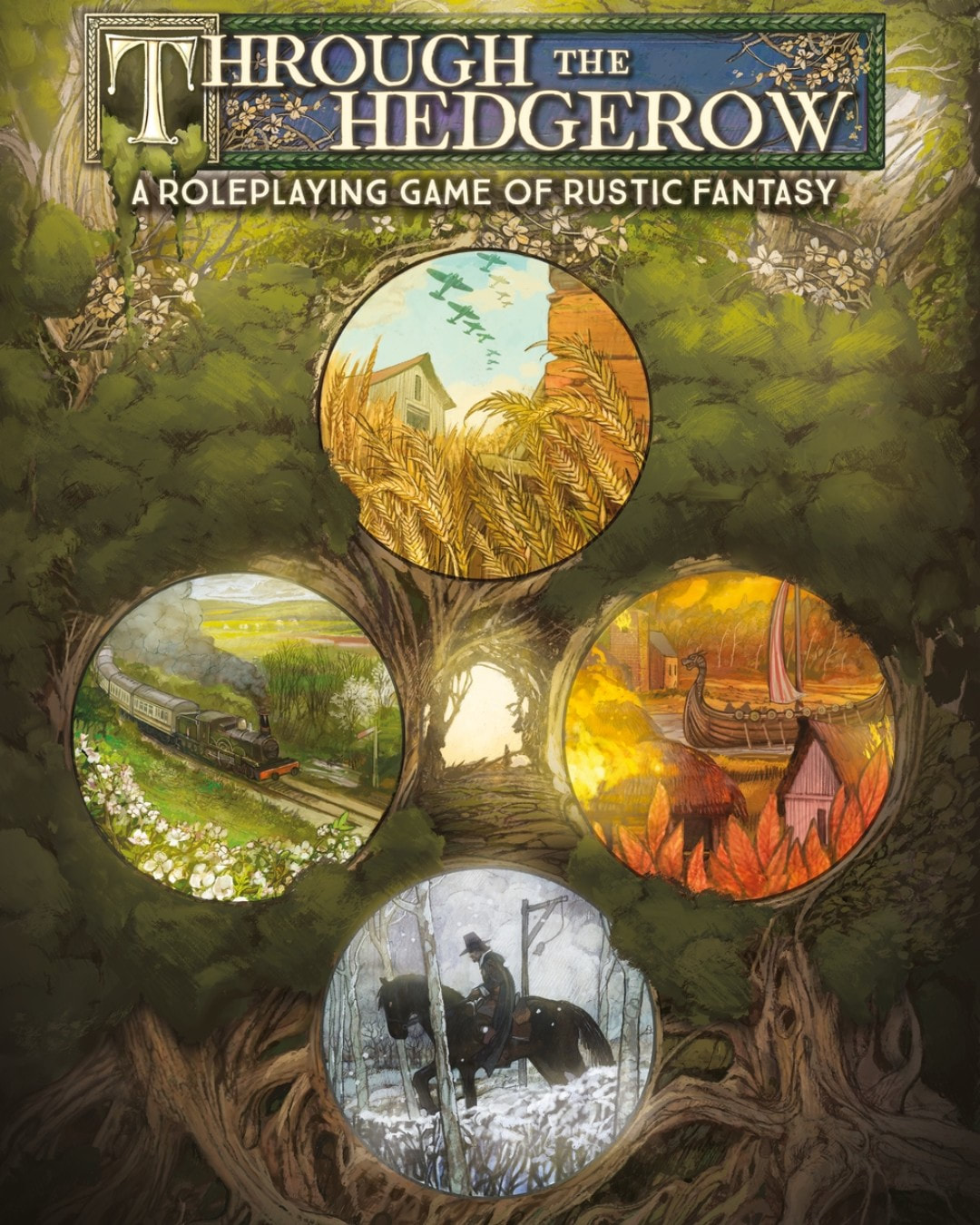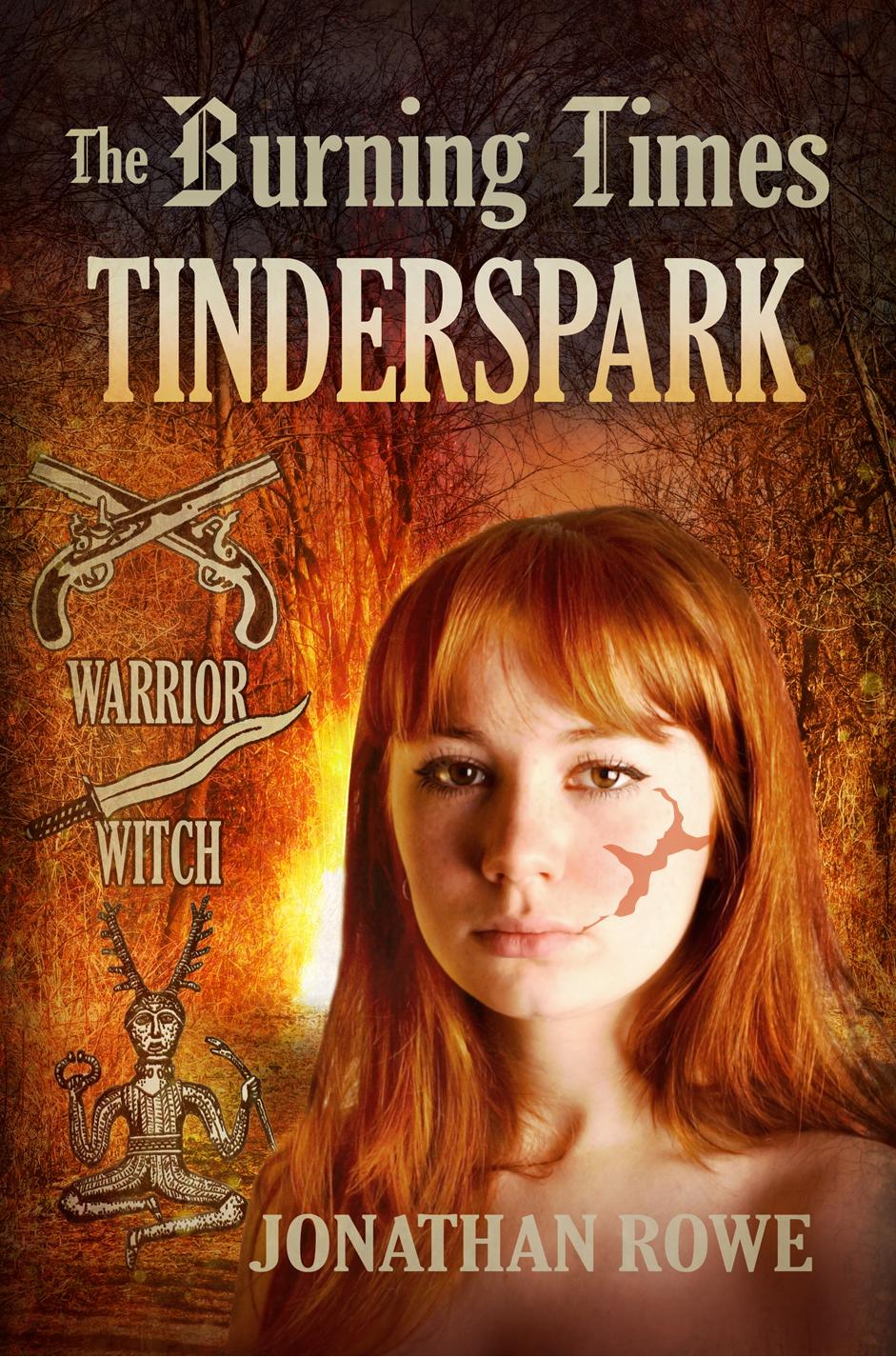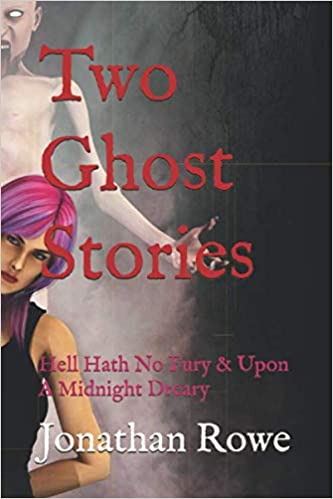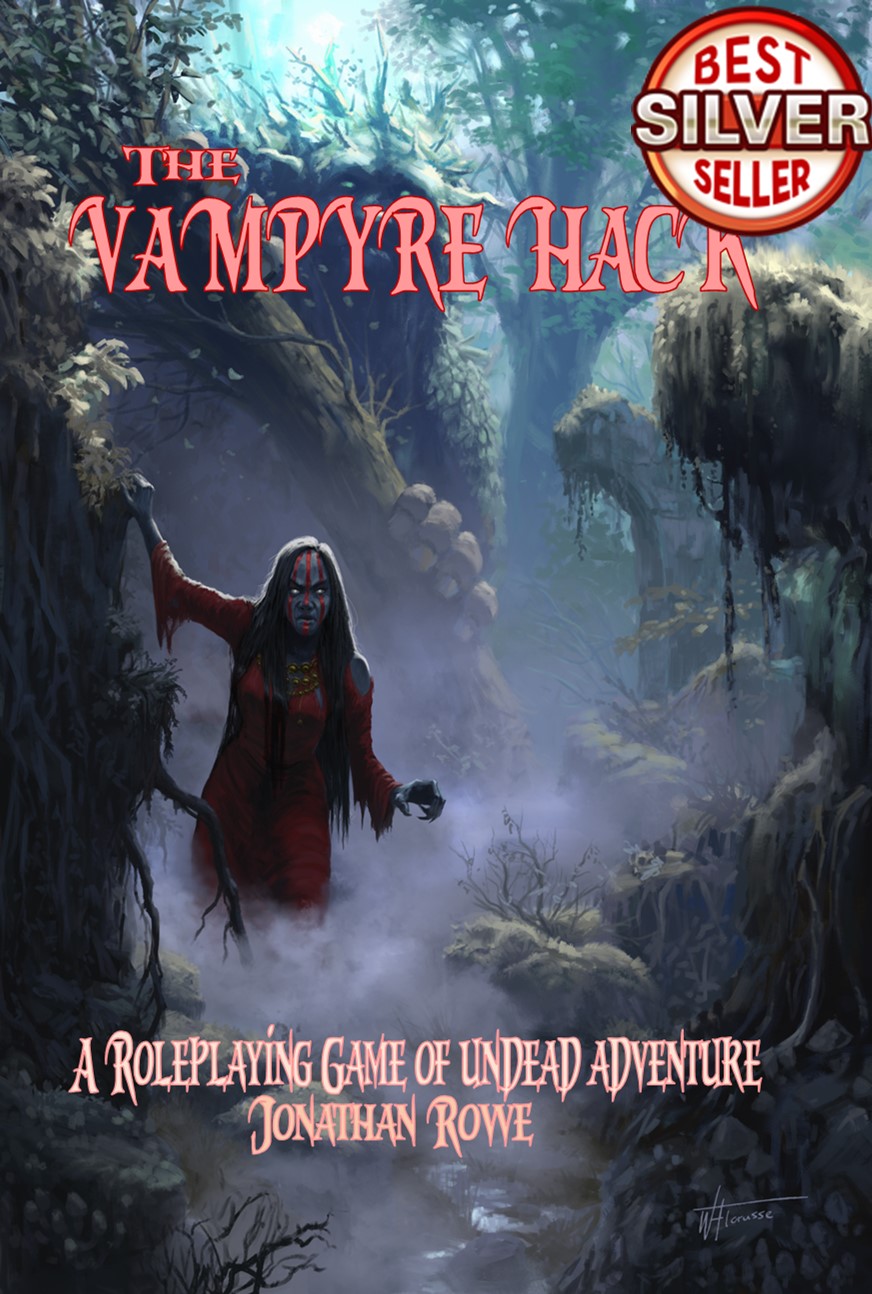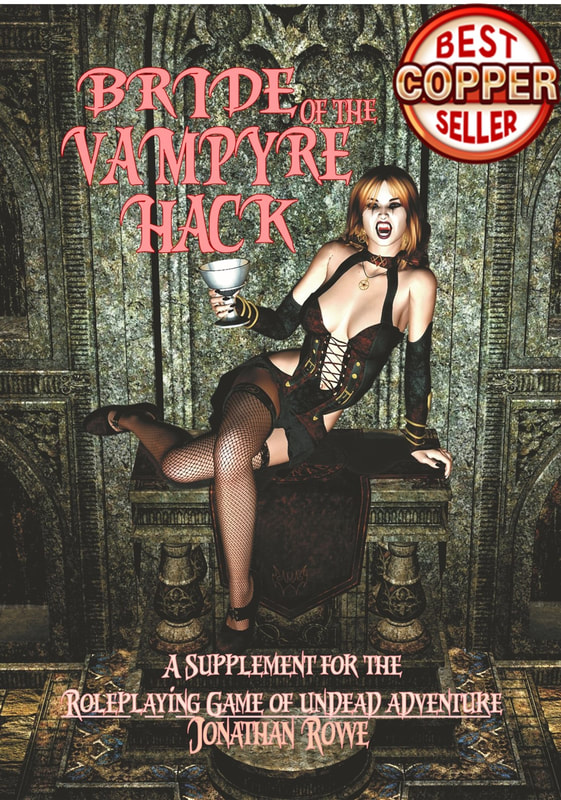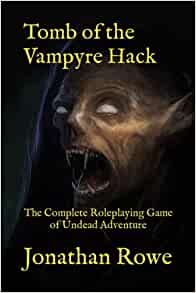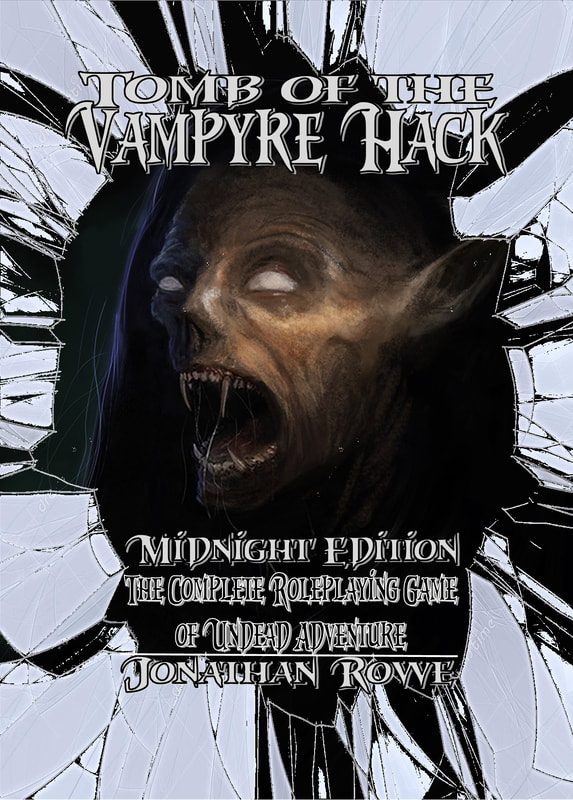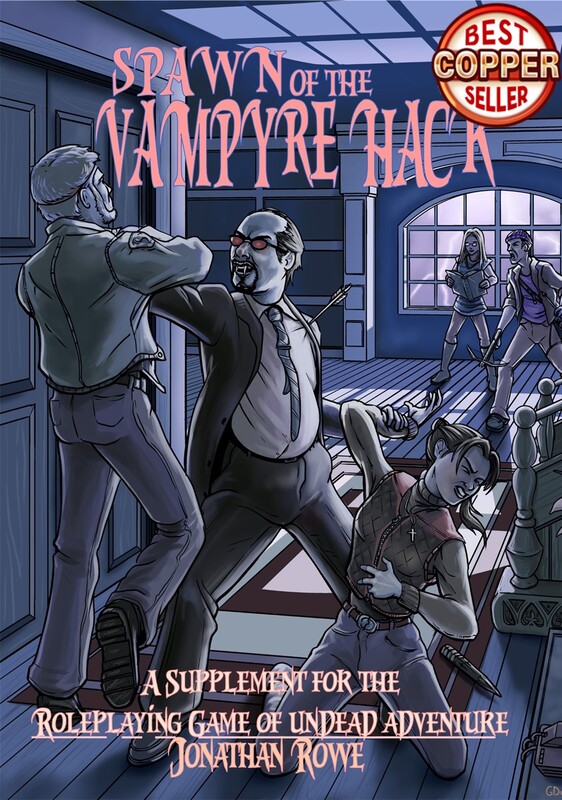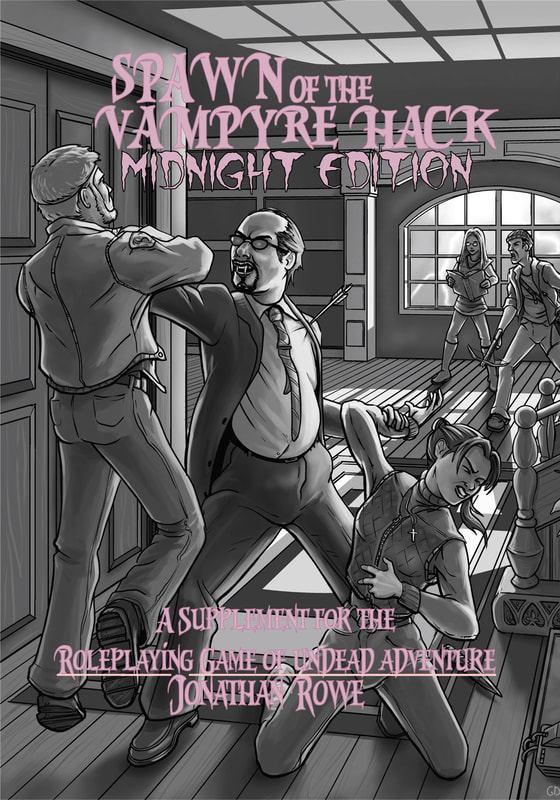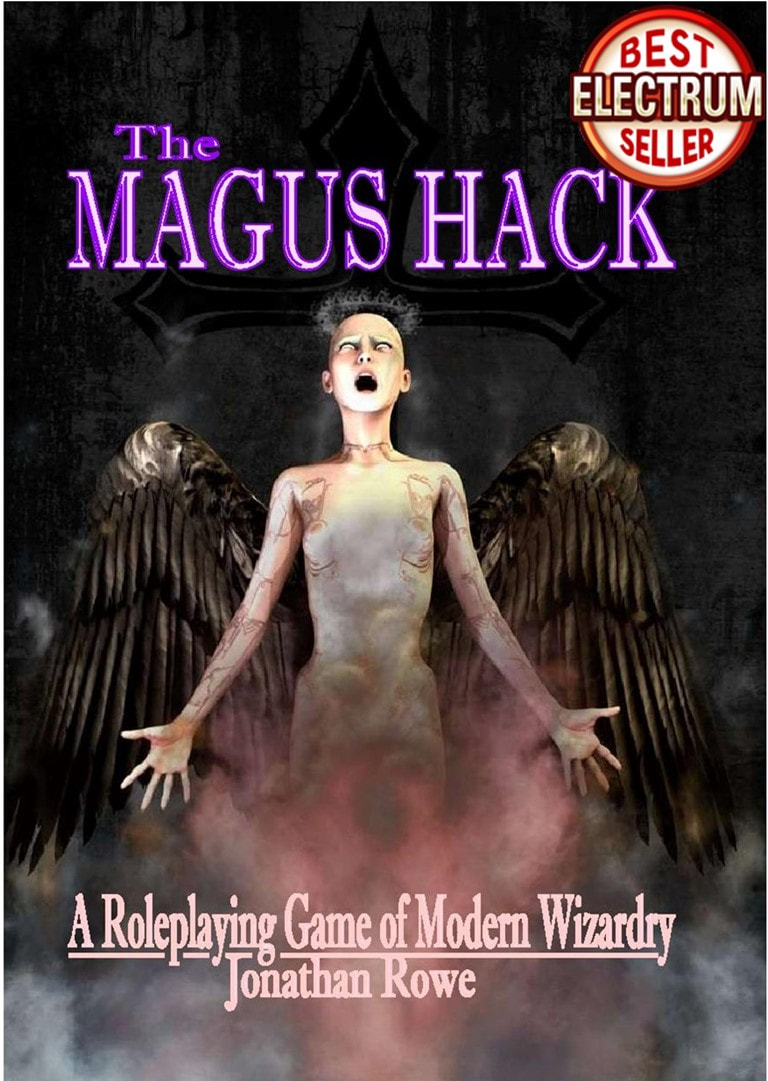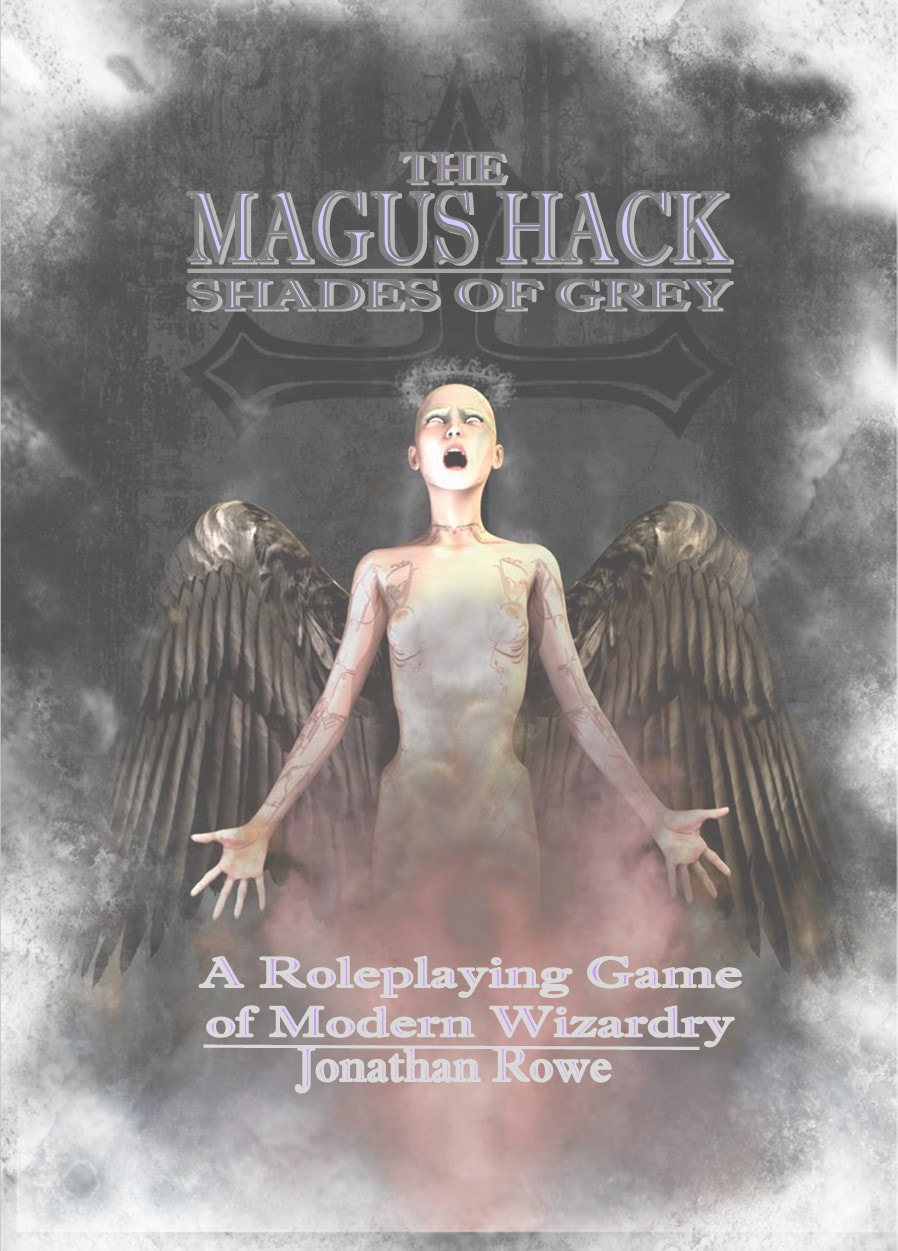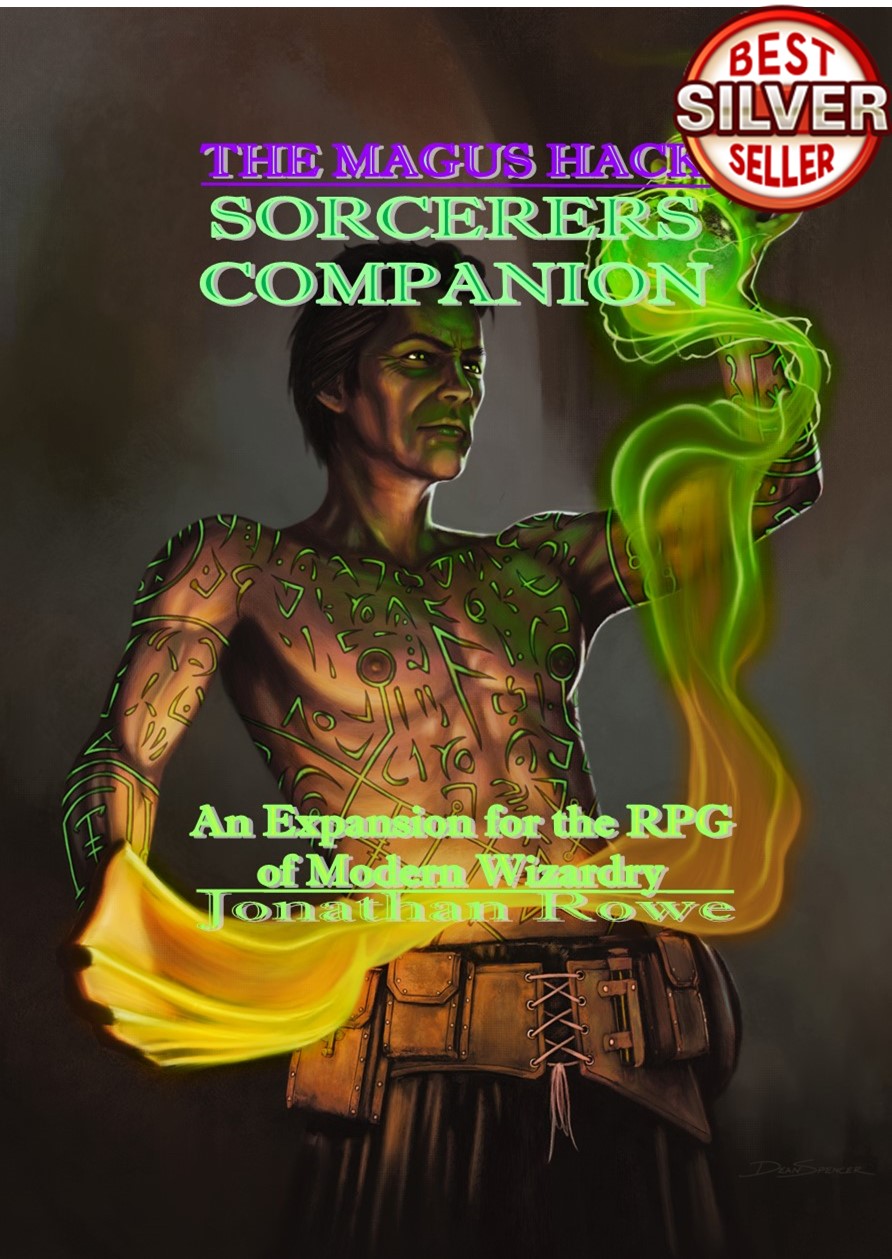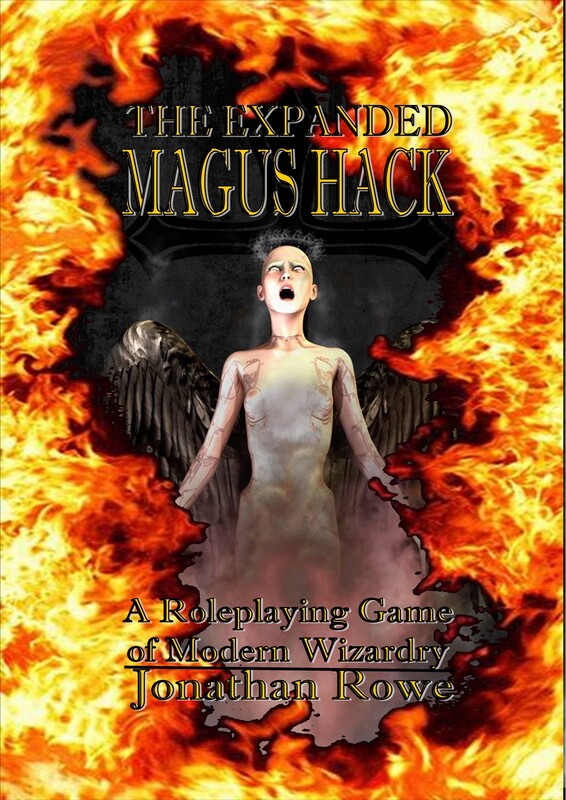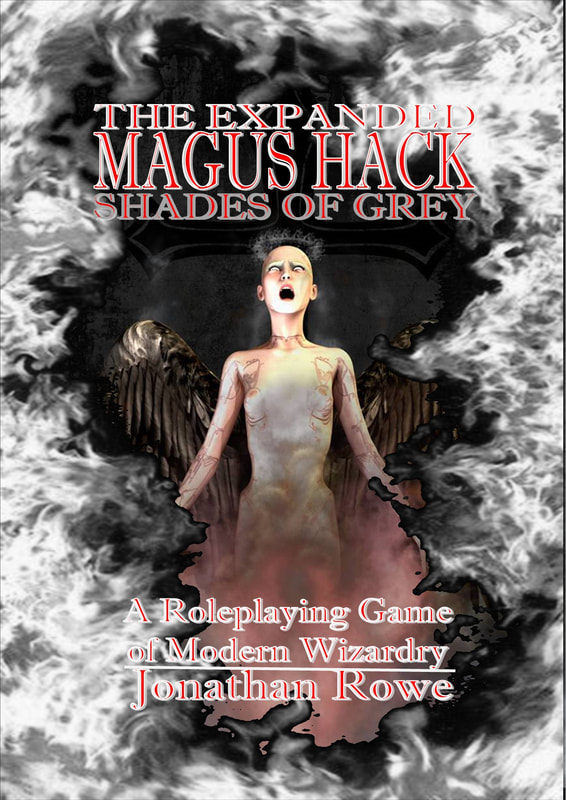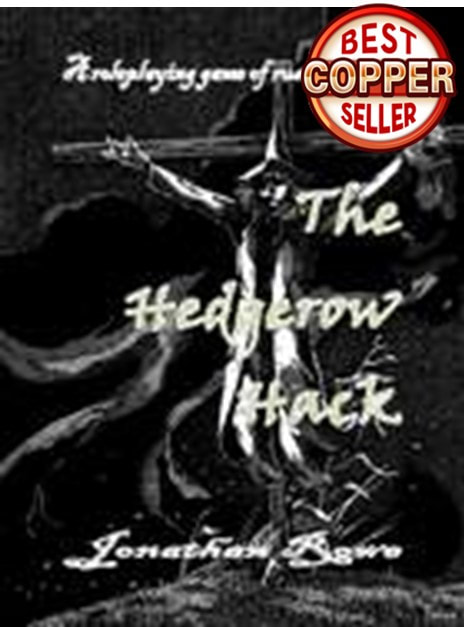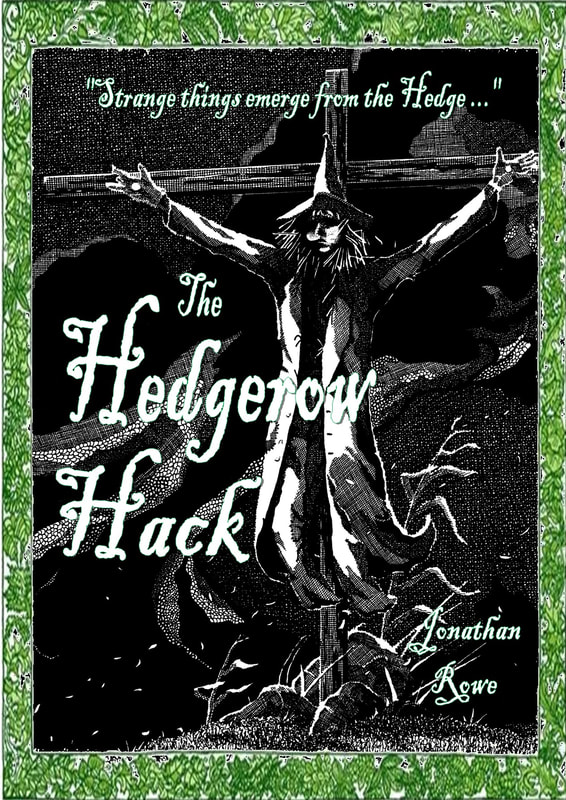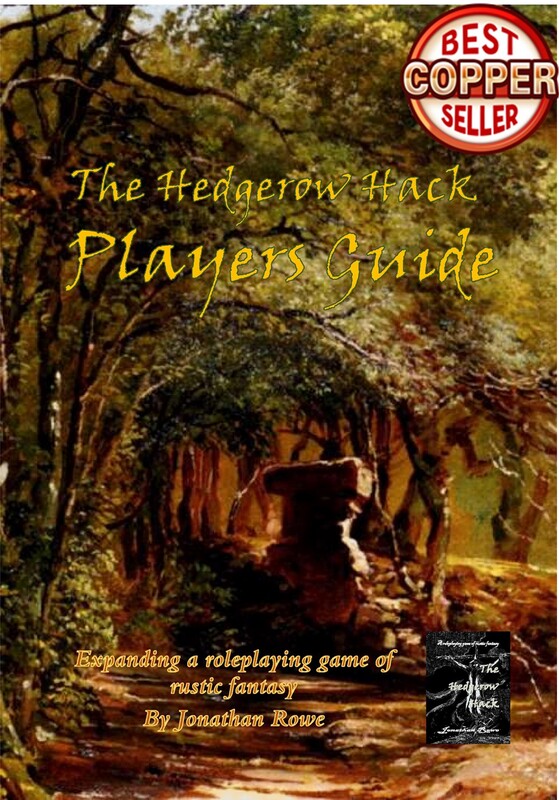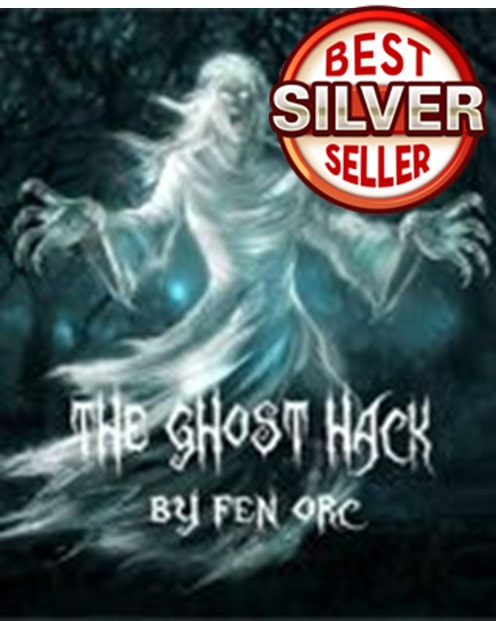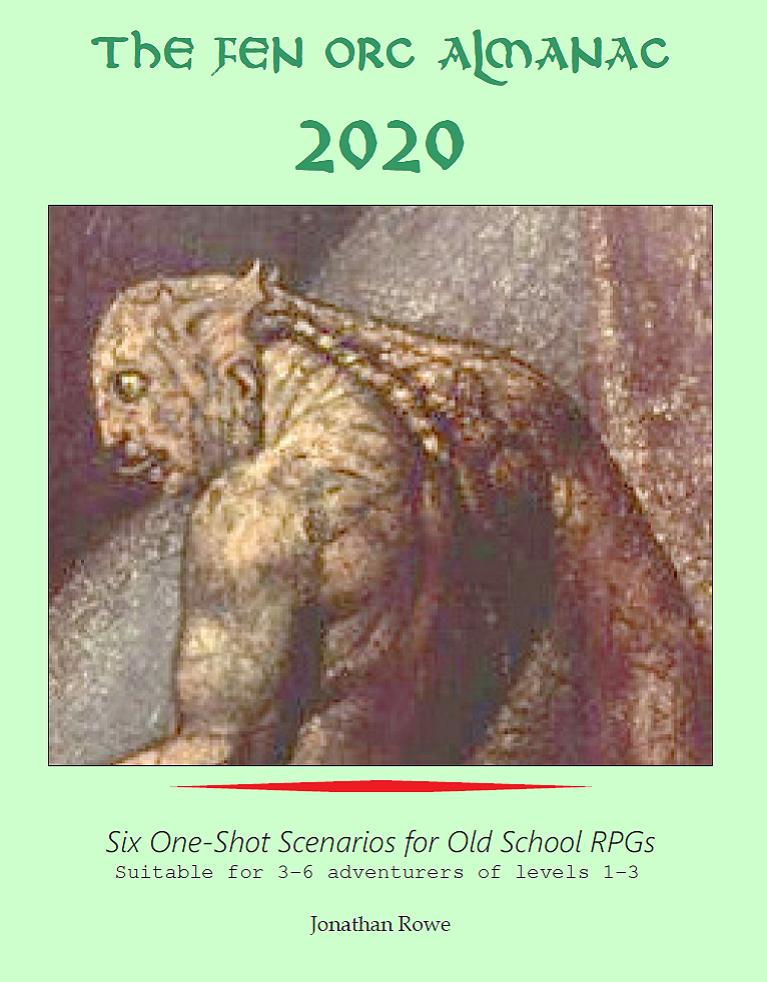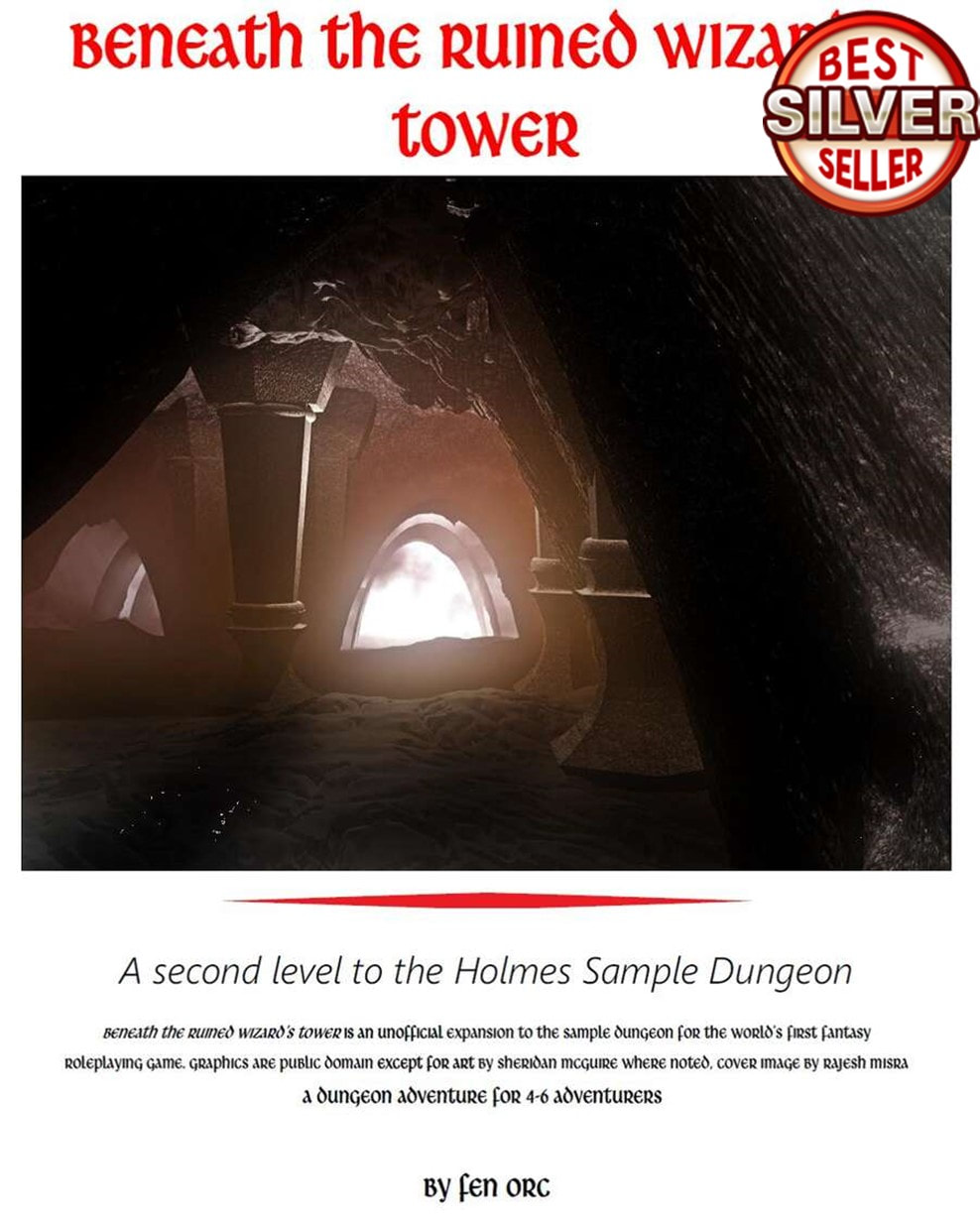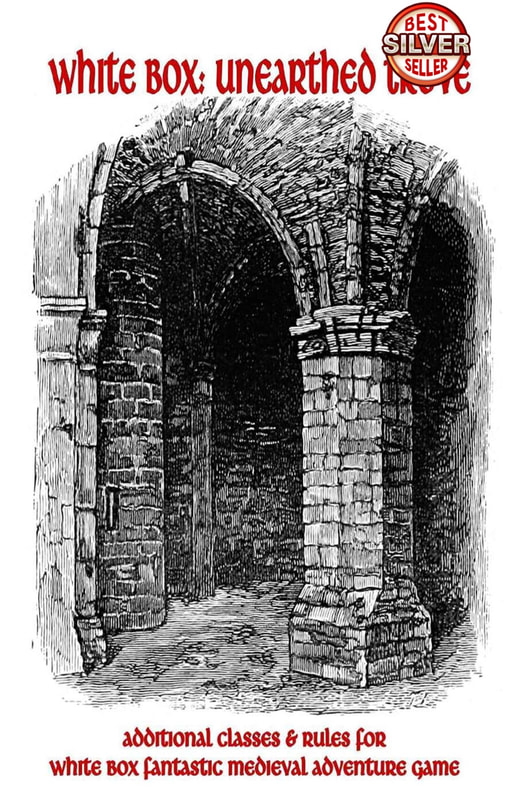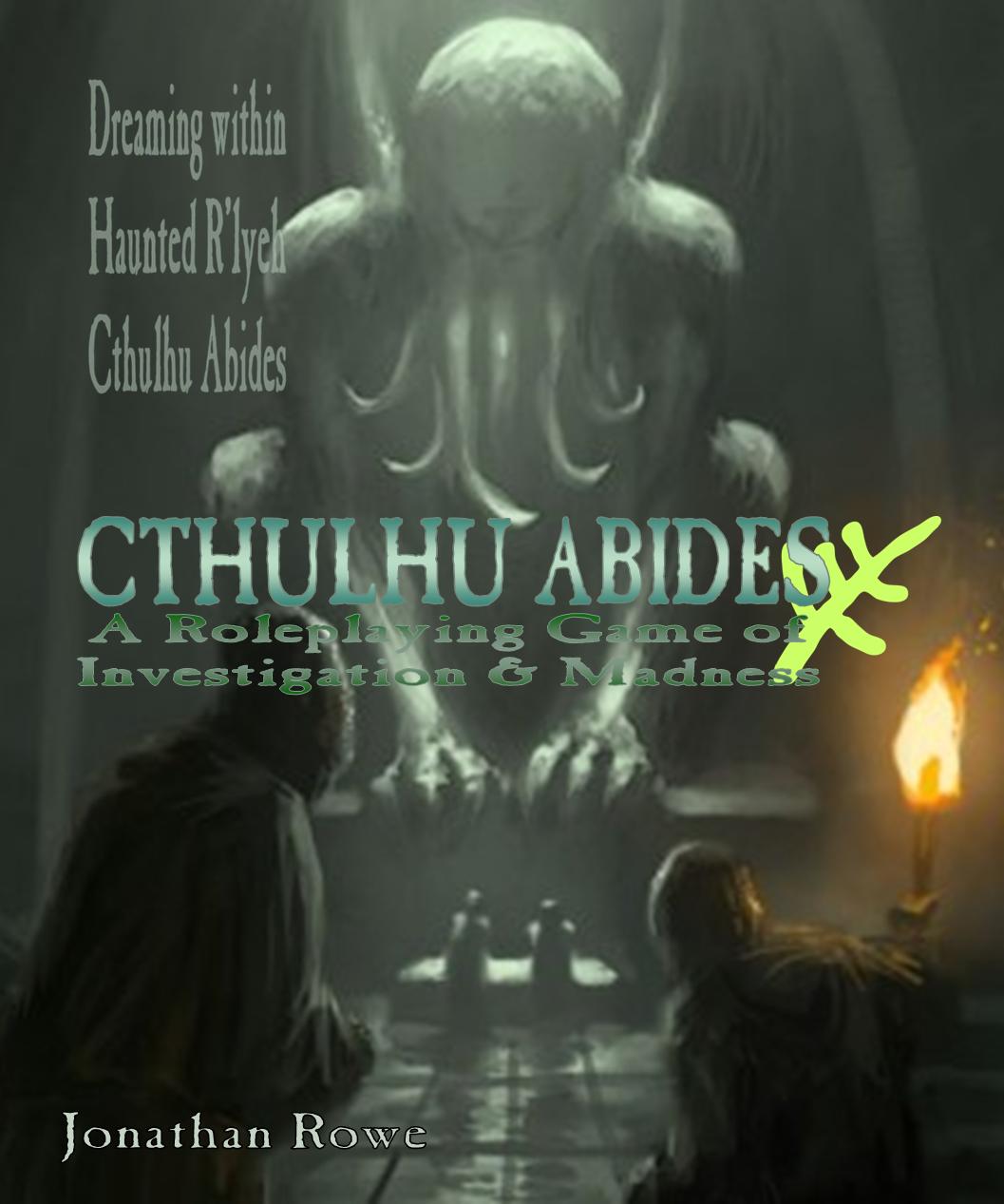|
Guess who's back? Back again - on drivethrurpg or on Amazon Back in 2020, The Ghost Hack was the first of my ventures into indie RPG publishing inspired by The Black Hack's irresistible mechanic of old school D&D stats married to a shrinking usage die. It was a bit primitive but it sold nicely - a Silver Best Seller in drivethrurpg. I was obsessing over ghost stories at that time and followed The Ghost Hack up with a slightly more polished expansion and a couple of short scenarios. Now I've released a revised edition that incorporates both books in one volume, adds a bunch more content, and brings the rules into harmony with the more polished version I ended up using for The Magus Hack. Before I talk about the new Ghost Hack, I need to say something about its source material. Wraith and Why It Never Rocked MeBack in the '90s, waiting for the next chapter of White Wolf's World of Darkness game line to see print occupied the space in my life that was later occupied by waiting for Game of Thrones to release a new season. 1991 brought out Vampire: The Masquerade and then Werewolf: The Apocalypse in 1992 and Mage: The Ascension in 1993. By 1994, I was a frothing fan and the arrival of Wraith: The Oblivion was a bombshell, with its fantastic cover of interlinked chains, moody spectral art and surreal, grotesque setting of the rotting Shadowlands and hyper-real Tempest, with slave-harvesting wraiths and Oblivion-worshipping Spectres. Mind. Blown And yet. And yet. Wraith remains the one World of Darkness game that has never worked for me. I've run long campaigns with the other main games but every attempt to launch Wraith has met with, well, dissatisfaction. The closest I came to making Wraith fly was a version set in the 18th century Caribbean. Pirate Wraiths are cool. Part of the problem is Wraith's setting which always struck me as incompletely realised. The other World of Darkness games are set in a bleak dystopian version of our world. Although werewolves and mages can step away into fantastical spirit worlds, they are still products of this world. Wraith is weird. Where are you? A sort of parallel reality called the Shadowlands that both is, and yet is not, the same as the world the living inhabit. The moment you start playing Wraith, you butt up against confusions about what everything looks like. Wraiths perceive the world through a filter of decay. But how does that work? Do buildings in the Shadowlands have doors and windows, or are they shattered and broken? Can wraiths read newspapers and watch TV - or is the paper rotten and the screen cracked for them? Wraiths get discorporated by rough contact with 'real' things. This makes crossing a street or moving through a house rather difficult. Wraiths are perpetually being bashed into insubstantiality every time someone opens a door into them, drives through them, kicks a ball at them. Your immortal vampire can walk down a crowded street at midnight, but your lordly wraith, weirdly, cannot. So where do Wraiths live? What do they do? Wraiths are supposed to be driven by obsessive Passions and tied to Tethers, which are objects or people that mattered to them. Yet they are also supposed to be servile minions in the Hierarchy, a Kafka-esque slave state of the dead. The rules invite us to imagine NPC wraiths who are clerks or legionaries in this vast bureaucracy of the afterlife. I get it: I've seen Beetlejuice. Yet these wraiths are also passionately tied to weird causes, like growing perfect tulips or avenging their wife's murder or finishing their unpublished novel. Where do they find the time? How can they be a committed servant of the Hierarchy and yet also dedicated to tracking down their cousin who disappeared in the Appalachians? There doesn't seem to be a way to combine both ideas of what a wraith is. Then there's the Shadow, which is your dark-side given voice, whispering in your mind and offering power in exchange for the gratification of its own Dark Passions. If every Wraith NPC has this sort of Jekyll-and-Hyde persona, the social world of wraiths becomes unimaginably weird. How does the Hierarchy even function if all wraiths are self-sabotaging all the time? The game recommends players roleplay each other's Shadows, acting as tempters and tormentors to one another. Great on paper, but I've never been able to get it to work. Some players are too amiable to play the Shadow with gusto; others throw themselves into it with such cackling enthusiasm that it derails the plot. Never mind that, you can't kill wraiths - at least, not reliably. A dead wraith tumbles into a hyperspace realm called the Labyrinth where it is tormented by its dark side. This psychodrama element tells you a lot about the highfalutin' play style going on at White Wolf head office, but for a lot of ordinary roleplayers it feels incredibly self-indulgent. Then the wraith reforms and it's business as usual. Yes, there's a limit to how many times you can do this, but the bottom line is that you can't kill a NPC wraith because they just come back again, chastened and more sorrowful. All of these conundrums weigh down a game that was already way too fiddly. Wraiths have Passions and Tethers, but also Dark Passions and Shadow Thorns, and Memoriam, and Angst; they are loyal to a Faction and a Legion as well as a Guild plus their own mortal attachments, as well as ... look, there's a lot to keep track of, a lot of dice to roll, a lot of points to tot up. So Let's Hack ItDavid Black's Black Hack is a short and sweet creative step away from Old School D&D. There are the familiar 6 Stats (STR, DEX, CON, INT, WIS, CHA, the old gang), plus character classes and levels. You roll a d20 to do stuff and you're trying to roll under your Stat. Penalties add to your die roll, making that more difficult. For example, attacking or dodging someone with more HIt Dice than you is hard: you add the difference to your d20 roll. Black's system lends itself very well to cheap and cheerful dungeon crawls - and in this regard I'm particularly fond of Michael Thomas's Bluehack, which condenses the already-concise Holmes Basic D&D rules into Black's ultra-simplified template. All on drivethrurpg for pennies - click on the image to hit the link The secret ingredient Black introduces is the concept of a Usage Die. This is a die you roll that gets smaller every time it rolls a 1 or a 2. It might start off as a d8, so if you roll it there are six chances nothing happens, and two that it shrinks to a d6. Once the d4 shrinks then PFFFT! the Usage Die has gone. In his original rules, Black only uses this mechanic as a way of tracking how many arrows you've got left or how much oil is in your lantern: don't bother keeping track, just roll the Usage Die every now and then to see if it's running out. Then I came across Matthew Skaill's The Blood Hack. Skaill's little book has two fantastic innovations. One is to treat a vampire character's blood reservoir as a usage die. Every time you use your blood to heal or activate a magical power, roll the die. Once the die has gone, you're a hungry vampire. The other is to make your vampire's Morality a usage die, so every time you do something evil you have to roll. But - and this is the clever bit - every time that usage die rolls a 1 or a 2, it doesn't get smaller: it gets bigger! A vampire with d6 Morality is pretty normal, a d8 Morality is a bit of a sonofabitch, a d10 is a sociopath, a d12 is a monster. If you reach d20 you are demonically horrible and if a d20 Morality Die gets any bigger then BOOM - you've turned into a NPC villain. This is a great push-your-luck mechanic. Sure, with a d6 Morality, the first time you murder someone there's a 33% chance your die is going to expand to a d8. As it gets bigger, the chance of further escalation shrinks, but the consequences get worse. There's only a 1 in 5 chance your d10 Morality Die will get bigger, but if it does, then watch out! What About the Setting?The Ghost Hack uses character classes over up to 10 levels of experience. These classes (or Trades) do the job of the Guilds in Wraith, giving you powers you can do for free and perks towards advancing in certain ways. As a Poltergeist, you can interact with objects in the Living World, and you'll probably get a high STR stat really fast. Levels and Hit Points don't feel weird or implausible in a ghost setting anyway, because of course your Hit Points don't represent your body: you don't have a body. The five basic character classes draw from common haunting tropes:
The core rules are agnostic about whether these classes are just abstractions for ghosts with different aptitudes or actual organisations. In the appendices there are rules for treating them more like guilds that instruct ghosts in their signature powers and guard their privileges jealously. Similarly, the rules offer a distant city of the dead called Dis (but you can call it Stygia), but leave it up to you whether this empire of the dead is just a rumour, a looming threat, or an oppressive reality. These ghosts can walk through physical objects freely - but they are hurt by iron and repelled by salt, so the physical world has its obstacles. The ghostly Afterlife takes place in our world, but for ghosts the sun is permanently eclipsed and the moon has a lurid tint, so the lighting is eerie. I offer five ghostly sects that can be allies or antagonists in your campaign. The Misericordium fulfils the role of the ghostly bureaucracy, but it makes more sense because, by recruiting clerks to write up the lives in its ghostly books, it steals away their memory of who they were. The other cults likewise replace your humanity with a Gnosis Die, so by joining them you surrender your soul, but escape from the burdens of conscience and attachment to the living.
Simplicity is the key feature of Hack RPGs. Half a dozen tables at the back of the book let you roll up NPCs with classes, powers, and spells, and plenty of tables throughout the book generate random possessions and encounters. There's a final appendix that lets you generate random scenarios and five worked examples that show how a feud between ghosts and vampires can take a very strange direction once the Church of St Thomas gets involved. One thing I've retained from the original is the fantastic pulp-style art from the NUELOW Stock Art Collection. The quirky, anachronistic, yet often deeply unsettling artwork is great for a setting where lots of ghosts still look and act like people from earlier eras. Copyright is @2024 Steve Miller, All Rights Reserved. The Ghost Hack is an approach to ghostly RPG - and Wraith, its template - that emphasises light-hearted adventure over personal horror. There's still personal horror there. Ghost PCs are slowly disintegrating and the end state is becoming a demonic Wight. You draw energy from your 'Mortal Coil' which means the people and things you cared about, and this can damage them. If you temporarily turn into a Wight, you are compelled to visit violence on your Mortal Coil. All these elements are horror tropes. On the other hand, there isn't a tyrannical and oppressive empire ruling the underworld, the slave economy has been marginalised and applies only to mindless 'Echoes' rather than true ghosts, the Shadow has been removed, as well as the psychodrama brought on by being defeated. These elements are reinstated in the Appendices, if you want morality dramas, player-vs-player psychodrama, underworld politics, it's all there for you. But the core rules focus a bit more on exploration, adventure, and facing peril. One change from the Wraith template is to do away with the destructive storms raging in the Underworld and replace them with 'the Dread.' This is an acidic fog that rises from Hades and smothers the region. Tocsins blare warnings and ghosts flee to protected Fanes. This phenomenon gets rather more consideration in Ghost Hack than did maelstroms in Wraith, but again: this fits with a game setting where the main danger is external and the light and flexible Hack rules allow quick resolution. Is this the last product for the Ghost Hack? I'm planning to revisit the two scenarios, which are edgy affairs, and republish them with more detail. It's in my mind to publish a scenario-and-campaign-setting combined: a haunted hospital.
But my main project this summer is Throuh The Hedgerow: don't miss that!
0 Comments
Ghost Hack was the first of my ventures into redesigning World of Darkness settings with Black Hack inspired mechanics. I just discovered it had been reviewed on Amazon - and what a fantastic review! Click the image above to go straight to the product page As Pete Dee says, Ghost Hack needs to get a better package - something combining rules and expansion material into a single volume, with a hard cover option.
While I'm at it, I can redraft the rules to bring them into alignment with Vampyre Hack and Magus Hack. This is the beginning of the World of Hackness! I've not posted in a while and a big reason for that has been the Daily Ghost, a project to write an original ghost story every day for a year. And I did exactly that, completing 365 ghost stories (plus a few extra) and raising money for the First Story Charity that provides writers workshops for less privileged school children. I found some time recently to bring all the stories together in a pretty substantial anthology: the stories might be only 400 words each but a year's-worth of them makes for a weighty tome. You can find A Year of Ghosts on Amazon and there are paperback, hardback and Kindle editions. That's the physical copy on the left and the e-book on the right: take a Daily Ghost home for Christmas A Year Of Ghosts features 365 ghost stories, each one short enough to read with a hot drink but guaranteed to keep you thinking for a cold and moon-drenched night. There are haunting tales of grief and parting, romances of reconciliation and devotion, spine tingling encounters with supernatural danger and satirical romps through the afterlife, mixed with adventure, mystery and mythology. Journey to a haunted planet in the far future, to the ghosts of the Roman Coliseum, follow the machinations of Egyptian necromancers and the legacy of a haunted doll. You will read ghost stories adapted from pop songs, classic fiction and historical celebrities as well as low key tales of life in Lockdown Britain, the testimony of Somali immigrants, a northern pensioner teaching his grandson to be an exorcist and the love song of a Syrian refugee. The book lends itself to a casual reader who can dip into a story here or there, but there’s a huge range here, some of it literary, some mainstream commercial. There are Stephen King homages, a dramatic monologue, a pastiche of Damon ‘Guys & Dolls’ Runyon’s mobster fiction, a string of tales from the 17th century Scottish Borders as well as science fiction, Lovecraftian horror and parodies of Jane Austen and Raymond Chandler. Most of the tales stand alone but there are serials running month to month and of course a season of Christmas ghost stories. RPGers might particularly enjoy the monthly serial 'A Loophole' in which the death goddess Anupet struggles against the machinations of the necromancer Qadaffah, with the necromancer's new apprentice as a pawn in their millennial conflict. Fans of the ghost stories volunteered to narrate them, so there’s a Daily Ghost YouTube channel too with scores of the stories produced as 4-minute audiobooks by voice artists and authors like Nancy Weitz and John Clewarth – as well as myself, learning as I go. Here are two example, including a Christmas ghost story:
David Read narrates The Edge of the Platform and John Clewarth reads The Weeping Mothers There will be more stories on the Daily Ghost site as they bubble up from the unconscious - and some of them will appear in the project that started all this but then got put on hold, a glamorous Second Edition for my Ghost Hack RPG (on Amazon and on drivethrurpg) with lots of campaign ideas in fiction form. Otherwise, my attention is now on the Hedgerow Hack, the RPG of rustic weirdness, time travel, faeries and British mythology. There's some very exciting news about that which I'll reveal in a future post. The RPG products that have been inspiring and distracting me in equal measure - and (fanfare) Ghost Hack is a silver best seller on drivethrurpg
Dearest Dorothy In the middle, not a drop of blood on her, a child’s doll. Faye took it for the evidence bag. We slung the long arms in the back of the BMW. I took the wheel. We were both quiet, me thinking about that bloodbath, Faye playing with the doll. “Are you putting that thing in the bag or not?” “Dorothy,” Faye replied, “her name is Dearest Dorothy.” We stopped at lights so I turned to her. She hadn’t secured her Glock. I reached for it. “Don’t you touch her!” she yelled, no, screamed. She’s a pretty girl, Faye, but she wasn’t pretty then, eyes wide, froth on her lips. “It’s just a damned doll, Faye!” Then I was looking into the barrel of her Glock-17. “Stop the car,” she shouted: “Stop the bloody car, Dev!” I did, nice and slow. She unbuckled, gripping that doll with white knuckles. “I’m taking Dearest Dorothy and we’re going!” Then she was out on the pavement, doll in one hand and pistol in the other, with mid-morning shoppers skipping out of her way. “Don’t touch her!” she screamed at a pointing child. The white-faced mother found herself facing a 9mm semi-automatic. “Faye, drop the weapon!” Now I was armed, my pistol on her, hers wandering between me, the child and the mother. “Put it down, Faye!” Faye’s face crumpled with baffled fury, tearful, gulping air. She pressed the doll to her cheek and squeezed her eyes closed. The barrel moved towards her chin. I took the shot. The discharge sent pigeons whirring into the air, the boom of the Glock rolling down the shopfronts and surging back to me. Faye lay on the kerb. Dearest Dorothy sat next to a widening puddle of blood. I ran to her. “Too right, it’s been a strange day,” said the Commander, blinking at the paperwork. He regarded me over the desk with a strange expression. “Are you OK, Dev?” When I nodded he added, “Drop that thing in the evidence bag, will you?” “Her name is Dorothy,” I told him before I left. The Approach
20 November It has arrived, a landscape in oils on canvass, 29 by 47 inches. It must go on the mezzanine. What a spectacle, fusing the hypernaturalism of the Café Volpine School with Signac’s use of geometric abstraction. The road recedes to a point of perspective the eye approaches but never attains. There’s a smudge in the distance that could be a tree, a tower or a human figure. How teasing. 21 November I think it is a human figure. The flyers are at the printers. The photographer arrives at the weekend. 24 November “That smudge?” he said. How can a photographer be so blind? I’m looking at it as I write and it’s distinctly a human figure, on the road, approaching the viewer. 27 November Tonight was a private viewing – a vernissage, as Dietrich would say –to selected critics. Ling’s landscape drew a mixed response. Dietrich insisted on telling gruesome stories of Xavier Ling’s unsettling death. Melinda thought it ‘spooky’ – but Melinda has no insight at all. No one mentioned the figure on the road. It really is very distinct. I can make its eyes (so bright). It’s larger than I recall. Or closer. 29 November Closed the gallery. Can’t cope with the chatter, the inane questions. How can they not see the figure on the road? Is it Ling himself, hidden in his own picture? His eyes – I can make them out from here. 30 Nov Rain. Too dark. Slept on couch in gallery. He is so much closer. Ling has teeth, so white and sharp. Those eyes… 31 Nov? Banging on windows must be Dietrich with news reviews didn’t answer go away Dietrich so many messages on phone. No leaving now Ling has arrived he fills the frame but I will not look into those eyes, if I turn around and look, the teeth, so close, I will not I will not I will Hit & Run
Coppers of course, when it’s too late to do any good. Hit and run, they said. Who saw what? Of course, no one saw a bloody thing. Make, model, plates? Sorry, officer… Useless, the lot of them.
No sense from Grace either. Nice girl, not the brightest. “He stepped out right into it!” she kept telling the woman police officer. “Like he didn’t see it coming,” she said and the lady copper had this look on her face like she gave up being on telly to do this job. Gracey went into the back of the cop car and I – the body, me – it went into the ambulance. I didn’t want to go with them. That mangled meat, it only felt like it was me when the tattooist’s needle was stinging, or the booze was coming back up after a session, or during a ruck, when your nose breaks and there’s blood in your mouth. What was Grace anyway, when I wasn’t putting babies into her, the twins and the new one, whenever that’s due? Her face, all blotched with tears and snot: wouldn't miss it. There were two ways to go and one of them was to stand around while the doctors brought out the bad news and Grace howled and then the funeral, all my mates in suits trying to crack onto my sister. What was the point in that? The other way was marked out with two lines of fire, the treadmarks of a car, a silver Jag, blazing through town. Someone was at the end of that trail, someone with a Jag outside on the drive, someone enjoying a smoke and some banging tunes, trying not to think about what had happened on their way home. Someone I was going to visit. I turned my back on the flashing lights and walked into the night. Then I started to run. These four stories round out the pieces of fiction that are going to appear in the core rules section of The Ghost Hack 2nd ed. It's been a blast writing these. You can read the others here and here. Stain on the Floor Or Jack and Ruth, they pop round with the twins, showing me their new phones and all their fancy apps. Where are they these days? I need Jack to take a look at the door. The lock’s no good. People walk right in. The young man from the letting agency is here. He walked in, bold as anything, so I hid in the kitchen, waiting for him to leave. There’s a young couple with him. She’s pregnant. He has those horrible tattoos. “I don’t know about this place,” the woman says, shivering. “I heard what happened to the previous occupant.” I wonder, who can she mean? The occupant before me was an old lady named Lucas who went to live with her family in Perthshire. “The police caught the man responsible,” the young man from the letting agency tells them as they leave. “It really is a low-crime neighbourhood.” I creep out once they’ve gone. She never mentioned the stain on the floor. It’s sticky. It must have ruined the carpets. Where are the carpets? I look around in alarm. Where is the sofa? The bookshelf? Where’s the TV? I run across the bare floorboards to the window. I shout out, Help! I’ve been burgled! But the passers by pay no attention. You’re invisible, when you’re old. Except to the lady across the road. She’s always in her garden, with those shears. She straightens up and waves to me. I don’t wave back. The tenants in that house are noisy students and have been ever since the woman who owned it died, years ago it must be: the twins were just babies when she had that fall. No curtains to close. No chair to sit on. Just the stain on the floorboards, glistening red. Like a bloodstain on my floor. It’s like somebody died in here. Voice of My Complaint
The vicar droned on: “Remember not the sins and offences of my youth…” There had been sins, I suppose. My jealousy. Your work. That bitch Susan at your office. Something had been going on there. But what did it matter now? Your mother stood opposite me, childless as well as widowed. My mother comforted her. Perhaps they would be close, at last. If only there had been children: something they could share. The vicar was saying something about “everlasting arms” and I thought of your arms, around me, strong. You carried me like I weighed nothing, from the wreck to flashing blue light. Then, later, they became so thin, your skin like glass. I watched the blue veins, mutinously doing the bidding of your unreliable heart. Singing, but it was a hymn I didn’t know, something about “the voice of my complaint,” so I moved my lips out of idiot-respect. The vicar started his reading and my excitement mounted. “The last enemy that shall be destroyed is death.” I wanted to laugh, but it felt wrong, with Margaret bawling beside me. “It is sown in corruption; it is raised in incorruption.” I stepped forward to look into the grave. Corruption stole your youth, your strong arms, your wise laughter. How I longed to see them again, now, uncorrupted. “O death, where is thy sting? O grave, where is thy victory?” The service ended. Flowers, ashes, dust to dust. The families drifted away through the bird-infested trees, Margaret to the bar, our mothers arm in arm, grieving for a daughter and now a son too. I remained. “Where are you?” I shouted, then, “I waited, after the accident. I watched you, over the years.” And softly, “Why aren’t you here too?” But the grave and the senseless wren made no answer. Under the Bed
The child clutched Mister Wally, stroking his fluffy head and tracing his button eyes. Under the bed, the monster’s nails scratched and scraped. The child pressed Mister Wally to his cheek, inhaling his comforting scent of soiled fabric. The monster tugged at the quilt, yanking it towards the floor. The child gripped the quilt, ready for the nightly tussle. The monster released its pull. The child wrapped the quilt around him like a snailshell, no corner over the mattress. This was how sleep was earned. Mister Wally had gone. Not under the pillow. Not inside the quilt. Sleep was impossible without Mister Wally. The child peered over the edge of the bed. Mister Wally lay half under the bed frame in sliver of street light from where the curtains didn’t quite meet. The child reached down, fingertips towards the upturned button eyes. The monster caught his wrist. The scream brought the child’s father, blinking furious sleep from his eyes. Light pounced on the room like a cat on a rat. “Was it a nightmare?” the father asked. The child sat in bed, his quilt neat, shielding his eyes from the light with a pale hand. “Not any more,” the child replied. The father smiled at the child’s mannered tone. He picked up the fluffy doll on the floor. “Here’s Mister Wally.” “I don’t want it.” “You are getting a bit old for Mister Wally.” He shoved the doll into a drawer. What a helpless expression was in those button eyes. Almost pleading. He slammed the drawer shut. “Shall I leave the light on for a few minutes?” “No,” said the child. “I like the dark now.” The father reached for the light switch but hesitated. Why did he suddenly fear the darkness that would follow, with that still figure sitting in his child’s bed, watching him with unkind eyes? Uncle Duppy
He died in the London Infirmary, making all the little nurses laugh. He gave my Dad this telephone number before he passed and said, proper serious: “Just make one call and say his name, the one who wronged you, and I’ll know.”
Not that my Dad needed that. In the Eighties, he stayed away from them Yardies selling coke and shooting coppers. He opened a nice little business on the Portobello Road and made big money when it went upmarket. I wasn’t that smart. I was fourteen when I phoned Uncle Douglass’ number. No one answered, but I knew someone was there. Someone who’d been expecting the call. I just said the name: Dale Perry. Dale, he threatened me and I was scared. That night, Dale went out of a seventh floor window. Splashed across the car park. Nice one, Uncle Duppy. I don’t feel good about it now. Or the other names. Dwayne Mitchell, hit by a truck. Job done. Kelvin Franks who narked on me, proper carved up he was, just bits left. Even Caryne, God help me, who cheated on me. Or I thought she did. All in the past now. Monica sorted me out. No more drugs. I’m respectable, like my old Dad. Two pretty girls. Pictures on my phone: see, that’s them. Love them up big. Would kill for them. “I’m respectable now,” is what I told Eddie. But he said, “Do some with me, for old times!” But it’s stronger stuff than I remember. Next thing I know, I’m all lit up, thinking I can do anything, proper belted. I tell Monica, “Let me drive!” I’m driving too fast. Monica’s screaming at me. The girls are sobbing in the backseat. I turn to shout at them… The funeral is tomorrow. So I made that phonecall. Just one name. My name. But you knew that, didn’t you? I didn’t expect you so soon. Three more lean little ghost stories that will go into the 2nd edition of The Ghost Hack. See the previous post for Walking The King's Road, Show Your Face and Mother's Room. Galois' Last Theorem
No, I understand: you are selling an antique, not taking a class. To business then. Show me your pistol. It’s beautiful. You see the rifling on the bore? That increases accuracy. The English pistols were smooth-bored, leaving God or Chance a role in the duel. Not so in France. Not for Galois. Everything is inevitable. You can work it out mathematically… Quite so, enough algebra. May I? The black powder pours in, so. See how the ramroad packs down the ball? A simple operation transforms a paperweight into a weapon. I have your pistol’s companion, bought in a house-sale – what a find! Let’s lay them beside one another, two duelists, reunited at last. They were made an identical pair so that choosing one at random confers no advantage. Not that anything is truly random. It surprises you that a mathematician died in a duel? Galois was a revolutionary in politics as well as algebra. Progress is inevitable, he believed. Then the Academy rejected his paper and that scheming minx Stéphanie … excuse me. I am overwrought. It is the waste, you see? The waste of so much talent, so young. Pick up one of them. Which is which, they are so alike? Perhaps I hold your pistol, or you mine? Do you know what Galois said on his death bed? ‘I need all my courage to die at twenty.’ Raise your pistol, sir. Both are loaded. No, this is not a robbery. Think of it as a solution. I have calculated to exactitude. I should not – he should not – have died that morning. It was mathematically impossible. The calculation must be performed again. With the same variables. Do not tremble, Monsieur. The outcome is determined by mathematics, not by nerves. Pull your trigger as I pull mine. Courage! What is a duel, but another equation? The Desert Miles I watched the night steal over the desert and the strange, bright southern constellations steal the sky. I listened to the moon-maddened cries of dingoes and watched the thorny lizards pursue ants across the ravine. I waited as the sun sliced the shadows apart, striking off the stones and making the distance shimmer. I thirsted and I waited. I dreamed of torchbeams lancing the darkness and my name carried on the wind in strange voices. I dreamed of men and dogs passing close by the ravine where I lay. I dreamed I called out to them with a tongue burned to numbness. “I’m here. I’m down here.” The dream ended and the waiting became wearisome. I said goodbye to the ravine, the two rucksacks and the empty canteen. I let the desert pass through me. I drank from its dry winds. I consumed its empty miles. The sun rose in anger and passed over me in shadow. The moon gleamed like an old bone. The dust cloud blew in from the north and replaced the sand with tarmac and the canyons with neat suburbs. People passed me in the haze, dressed in unfamiliar new fashions, whispering to each other in the dust. The desert brought me to your house. Children’s toys on the lawn. Dishes in the sink. A bottle of wine and two glasses. An evening with the woman who is now your wife and the children who are now your sons. The years have disappeared into the desert. I leave sand on the stairs. I stand at the foot of your bed, where your wife clings to you. The dust swirls in the night air and settles on your lips. I’m still waiting, but I have brought the desert with me. The Last Sonata The blood drains from your skin, a sinking diminuendo. You will bruise where you rest against the cold linoleum. You become pale where you face the kitchen ceiling, the magnets on the fridge, the calendar with dates fruitlessly circled.
Can you feel your muscles stiffening, the famous rigor mortis? This is the slow movement: adagio. It’s cold, don’t you think? Your body surrenders the last of your warmth. This is the temperature of objects. Rigid and frigid, you say to yourself, At last, this is lonely death! But you are wrong. You are not alone. Musicians have joined your tremulous choir. These are the insects you kept at bay so long with sprays and swats. Now they are in harmony with your loosening flesh. They bring their eggs. By the time your muscles unknot, their maggoty children have joined the orchestra. They burrow. This is the scherzo, a jest: enjoy its playfulness. You are beautiful now. Your skin shines. You are home to a multitude, a busy citadel of consumption and hungry purpose. You are more alive than you have ever been, mother to a nation, multitudinous as the stars in the sky. And you feed your children. You are adoring and adored. The air buzzes with their insect gratitude. The music hastens: vivace, then faster, vivacissimo. Your body, sick of stillness, yearns to dance. It swells. Gases broil and churn. The blood foam spews from lips and nostrils. This is the rondo. Your beautiful paleness turns to fungal green and red, like the painted eyes of harlots. Your solid flesh melts at last. You are liquid. Do not hasten away: the skeleton waits offstage, with its own grave melody in the slowest tempo, larghissimo, the stately unseaming of cartilage and bone. Paleness will return. But I see you are restless. Let the conductor take his bow. We must applaud his work and depart, you and I. Listen! A new music is beginning. I'm working on an ambitious 2nd edition for The Ghost Hack RPG. This includes starting each section with a piece of short fiction: a ghost story in 350 words. Writing 350 word ghost stories is incredibly addictive. I need to write dozens. Here are the first three. Walking the King's Road The grave stones are old now. Time has pitted them. The weather has smoothed away their sharp angles. The names they commemorate are obscure lines in the stone, shallow and smudged. I look for my own name. I can still make it out. They brought flowers, once, and laid them around this monument. There were weeping women and sorrowful children. It was a good burial. I look back fondly on it. My memory is as crisp as my gravemarker is faded. It was a long time ago. No one brings flowers to this gravestone any more. The little statues are unpainted and made shapeless by the years. Were they once cats? Or owls? I think they were cats. There are visitors still. They pass the stones and monuments with ignorant curiosity. The gravestones of strangers are, after all, just symbols of mortality. The passersby sense the vast ranks of the dead who have gone before them and then flinch away from the insight. They hurry on. There is a gift shop to visit. My coffin lies behind glass, bare to the world, like a strumpet’s modesty. But it is better this way. Better here, under the alien lights, than under the sands, in the oven of the earth, like my mother and daughters, made nameless by cruel history. I turn away. I pass the turnstile and the girl who sells tickets. I look up at the images on the walls, celebrating the grandeur of my tomb Even now, after all these centuries, my works endure. Look upon them, ye mighty, and rejoice.
Show Your Face Why won’t you show your face? I feel you, watching me, when I’m with my friends. They laugh at old memories and I laugh too, to show them I’m OK. That I’m getting over it. But when my eyes slide away to the window, you’re outside in the dark, watching. But you don’t show your face. Why doesn’t your smile appear at the glass, or your frown. Or your unspoken recriminations? Why does it show only sky and faraway stars? I forget to laugh and my friends notice my searching eyes. They gather close. Do I want to talk about it? No. Do I realise there was nothing I could have done? Yes, I realise that. Am I recovering? Yes, yes I am recovering. Every day, I feel a little better. You watch me lie to my friends. It’s time to go. Home. Empty house. Empty bed. Unopened letters with your name on them. Cards with my name on: Deepest Condolences.
Teenage girls at the bus stop opposite shriek with delight. A window opens. A voice calls out. Do I have any idea what time it is? Yes. It’s time to go. I know it’s not far. It’s not far, up the stairs, hearing them creak behind me under your tread. Not far from the stairs to the bathroom, where your shape curls in the rising steam. Not far from the heart, to the arm, to the wrist and onward, through darkening waters, to where you stand watching me. Until we are face to face again. Mother's Room
I closed the bedroom door on a weekend’s hard work. With the funeral behind me, the days waited like unopened gifts. Where to go? I was unused to the act of choosing. So many years spent waiting for the summons from Mother’s room.
BANG BANG. I stopped. Had I really heard that? The imperious rhythm was unmistakable. I returned, re-opened the door, expecting to find a wounded bird or adventurous cat making this racket. The room was as empty as before, though the scent of gardenia was stronger. A strong tea calmed my nerves, which were shredded after Mother’s long illness and many demands. It was time to leave, to get out. I was detained at the front door. BANG BANG. An impossible knocking from upstairs. Surely it was noisy pipes. Subsidence. Shrinking timbers. I set off down the crunching gravel path. BANG BANG from the upstairs window overlooking the gate. Then again, but with fury: BANG BANG. My keys fumbled in the lock and my feet pounded on the stairs. BANG BANG from behind the bedroom door. The bare room waited – sweet air shivering in the growing shadows. The day was slipping away. The night drew on too soon. BANG BANG. Roused from half-dreams of Mother’s sobs, her pain, her drugs. BANG BANG. Hurried from the shower, from the untasted meal, the unread book. The scent of gardenia on my clothes. BANG BANG. They can be demanding, the ill, but we mustn’t grumble. We must not complain. There will be other times to go away. It upsets her, to be left alone, all alone in this house, this empty house. Phone off the hook. Letters unopened. Food untasted. Waiting for the summons from Mother’s room. Do not go gentle into that good night, In his astonishing, angry, heartbroken poem, Dylan Thomas urges us not to go gentle into the dark night of death. It makes a fine title for the new Ghost Hack expansion, which explores the Dark Night in depth but equips ghost PCs with the resources to go into it with very little gentleness about them. It's been a labour of love. All right, maybe not 'love' but certainly an obsessive sentiment that consumes my days and dominates my dreams and won't let me alone until it's been made real and I can hold it in my arms. Let's call it 'love.' The Ghost Hack was a jolly little project and I knocked the first draft out in a weekend. OK, yes, I had a template to work from in David Black's The Black Hack and specifically Matthew Skail's The Blood Hack. This took ages..... Three Hacks: The Ghost Hack, grandaddy fantasy Black Hack and Matthew Skail's vampy Blood Hack New Character Classes The Ghost Hack introduced four 'Trades' (character classes) that aimed to be accessible. Banshees influence emotions, Poltergeists move things around, Revenants appear to the living. Nightmanes are a bit odd, as underworld-explorers, but you soon realise they're a cross between rangers and clerics. All plain sailing. Do Not Go Gentle offers six more Trades and they get quite esoteric. Doppelgangers are simple enough: they're shapechangers who can heal easily and turn their ghostly bodies into weapons. Helgaunts are ghostly paladins who specialise in killing Wights but have forgotten what it's like to be human. Then it gets odder. Anubians are ghostly psychotherapists who have an intense relationship with a NPC client that they are forced to betray eventually. Their 'Dark Counsel' is an amazing benefit but it puts you in their power forever after. Fleshweavers and Morpheans are sorcerers - the Fleshweavers control Mortal Coils while the Morpheans build dream-realms. Grimliches are Wights - self-aware and rational, but still creatures of spite dedicated to making somebody's life miserable. These guys fill out the world of Ghost Hack. Nightmanes now have warrior-companions in their forays into Hades. Anubians function as courtiers and viziers and have the power to extort potent NPCs. The spells of the Fleshweavers can reassign Mortal Coils, carve them up, burn them out or change them. Their ultimate accomplishment is the 'Liber Mortis' - a book where the intimate story of your life functions as if it were your Mortal Coil, a book which can then be sold to the highest bidder. Morpheans bring an element of wonder and magical creativity into play while Grimliches, well, no one likes them much. Great pulp art from Nuelow (Copyright ©2015 Steve Miller) to set the tone Cults and worse The expansion is a chance to explore what it's like being a ghost and what the dead get up to. The pressing problem for most ghosts is that their Mortal Coil is always shrinking while their Grave Die is always growing. Eventually, they end up starved of Soul energy and turn into a depraved Wight. The Misericordium is here to solve that problem. This shadowy organisation recruits ghosts to work as clerks in abandoned offices, writing their life stories in vast ledgers, supervised by stern overseers. As you write, your Mortal Coil is transferred into the ledger and then your Grave Die fades away too. You end up a faceless cipher serving the Misericordium, having sold away your personality and your past. But at least you got paid! Players are unlikely to be tempted by the Misericordium's Kafka-esque dystopia, but what about the Temple of the Dragon Soul? Or the Church of St Thomas Repudiatus? Or the Entropic Research Unit? These 'cults' also promise to take away your Grave Die and/or your Mortal Coil - or in the case of the Entropic Research Unit, boost your Grave Die through the roof so you can make peace with your inner-Wight - but offer attractive benefits along the way. Martial arts, anyone? These organisations - known as Heresiarchs - are likely to be the villains in a Ghost Hack campaign, but I suggest different ways of playing them as well-intentioned or outright dastardly, depending on who the Referee wants them to be working for. Friends you haven't met yet... NPCs and antagonists get a makeover, replacing the cryptic entries in The Ghost Hack. Demons, of course, of both the Judeo-Christian and mind-shattering Lovecraftian sort. Necromancers too, from frustrated Goths through noble shamans to narcissistic liches. Ghost Hunters and Psychics get several pages, looking at the hunters' technological toys and the psychics' extrasensory powers. A very nasty monster, the Skinreaver, can pose a particular problem for ghosts if it every develops psychic powers (by snacking on a psychic brain, since you asked). Ghosts in this game are hurt by iron and repelled by salt, so both substances get an essay and more detailed rules on how exactly they affect ghosts in play. Watch out for Psychics with nail-guns is all I can say... If someone's got one of these and a bunch of those (wrought-iron, hand-forged) you need to make them into your friend real quick And Wights, of course. The Ghost Hack vaguely alluded to different types and the scenario Upon a Midnight Dreary clarified those: now we get the full explanation. Harrow-Wights are the things you turn into when you've been bashed to 0HP and you exhaust your Grave Die: off your go, screeching through Hades, homing in on your Mortal Coil to do hideous stuff to the people and things you love the most. Maybe, just maybe, a friendly Anubian can intervene and send you off instead to savage the Mortal Coil of one of his ex-clients. It sucks being the ex-client of an Anubian. Hel-Wights are the mindless, gibbering monsters that inhabit Hades. Why are there so many of them? I offer some disturbing hypotheses. Nether-Wights, now these are the arch-villains, the Ramsay Boltons and Professor Moriarties, of your campaign. They're ghosts who just Rotted away out of sheer badness. When they let lose on the mortal world, all hell breaks lose. Literally. Better hope they're not former-Fleshweavers, otherwise they'll latch onto your Mortal Coil and do unspeakable things to it. Welcome to Hades, population: growing Hades is a vast world - perhaps an entire universe - that ghosts can enter through Portals. The Ashen Path offers safe travel, better still if you can find one of the paved Necroducts that hint at some long-vanished Civilisation of the Dead that no one remembers. Off the Ashen Path, the Dread billows and swirls: freezing clouds of ectoplasm-shredding acid with nasty Wights capering inside it. Every now and again, the Dread rises and you had better hurry on to the nearest Fane or Tollbooth. Just your luck if it's run by the Misericordium and they make you work of your entrance fee at their awful ledgers! Precious Soulfire gets more consideration, as well as different types of Fanes and other realms in Hades: Pyrocrypts and Mausoleums, Infernos and Paradises, Fantasia dream-realms - and the great River Lethe that separates the Hades we know from the Tartarus we can only guess at. The great thing about Hades is that its filled with everything that was ever lost, sacrificed or violated. A group of ghosts can travel through the bombed out villages of WWI Flanders, pick over the ruins of Minoan temples, flee across the plague-pits of 14th century Europe and take shelter in the burning buildings of London's Great Fire. Soulfire needs to be mined and the only way to transport it is for ghosts to immolate themselves in it - and the only fuel to keep it burning is the Kindling made from the shredded ectoplasm of ghosts. It pays to have some mindless Echoes in tow because, hey, better them than you, right? I'm trying to convey Hades with elements of Steve Ditko's mystical landscapes in Doctor Strange and the purgatorial journey in Sam Mendes' 1917 (2019) More than a game, it's a setting Most ... Hack games are intentionally loosey-goosey rules that you can hang any scenario you like on. Do Not Go Gentle turns The Ghost Hack into something a bit more ambitious: a RPG with its own setting, tone and themes. It's still intentionally open-ended and sketchy, but it's a more sophisticated product now. The elephant in the room is classic '90s Storyteller game Wraith: the Oblivion. Obviously, Ghost Hack is a hommage to Wraith. But is it significantly different, or just 'Wraith-for-Dummies'? I don't want to dwell too much on levels-and-character-classes or distinctions like ghosts being harmed by salt and iron. What I like about Ghost Hack is open-endedness. Wraith has this big oppressive 'Empire of the Dead' bearing down on the lives of PC wraiths (or it did in the '90s; I think they overthrew it in an end-of-franchise apocalypse). It's got a detailed alternative history (as all World of Darkness games do) with real-world events corresponding to the rise and fall of wraith power blocs. I can't be bothered with that now, much though I adored it in my 20s. I'm much more intrigued by an ambiguous afterlife with genuine mysteries. Is there a 'fabled City of Dis' on the other side of the Lethe? Was there once a Hades-spanning empire of spirit-beings? Does the Dread serve the mythical Wight Queen? Are the angels and demons just deluded ghosts or genuinely numinous beings? Whom does the Misericordium work for? The thing is, I don't want to set out a canonical setting and answer all these question. I want players and Referees to go and produce their own answers. And, y'know, drop me an email and tell me what happened. Having said that, the next big project for the game is an epic scenario called Tears Such As Angels Shed which will take the players to Tartarus itself. So am I going to violate my own "no definitive answers" rule? I guess I'd better come up with something that leaves more quotations in place of any it answers... I guess it's like Dylan Thomas' poem, which like all poems is as much about writing poetry as it is about the deaths of fathers. We want to fork the lightning by seeing our imagination captivate someone else and be carried forward by their enthused creativity. That's why we keep composing, raging against the dying of the light as the last page is turned and the final full stop inked. So we write again. And again and again. It's not human to leave things as they stand. Though wise men at their end know dark is right, Once upon a midnight dreary, while I pondered, weak and weary, For great poems about (possibly) haunted houses, there's Poe and Walter De La Mare's The Listeners, but Poe describes the situation where the ghost is trying to get in - which is the theme of the second scenario for The Ghost Hack. UPON A MIDNIGHT DREARY underwent a playtest last week and here's the session report. Of course, massive SPOILERS ahead. Evocative cover art by Bob Greyvenstein. Interior art (used below) is copyright Steve Miller (2015). Click image to link to drivethrurpg. The scenario played out over two sessions, with a shifting cast of PCs:
After the events of HELL HATH NO FURY, the PCs are all second level and Joshua Pflint has a wightblade sword (for a while longer anyway). Mortal Coils The story begins (as they usually do) with the PC ghosts checking on their Mortal Coils. Lexi is furious to find a new manager at her beloved bar, The Crash Lounge, has installed a massive TV screen to play noisy sports to customers. She uses Ghostly Caress to change the password on the satellite box, locking it down. Oscar visits his wife, who has moved the children to a new home in an old signalman's house beside an abandoned railway line. There's a crisis when his son Dale goes missing. Oscar finds the boy in the railway cutting, playing safely and watched over by another ghost. This ghost is an old signalman and introduces himself as Edwyn Sullivan - or 'Sully'. He manifests in order to return Dale to his mother and asks in return that Oscar helps him. Sully haunts the old Trevalyan House, but a team of Ghost Hunters has moved into it, using salt to lock Sully out and trap his ghostly wife inside. Oscar agrees to find a way into the House and rescue the ghost trapped inside. In fact, 'Sully' is really evil Dr Reinhardt, a dead serial killer, using Apparition to take another form. The bit about the Ghost Hunters and his wife is true. He hasn't mentioned the cellar full of ghostly victims he and his wife have been torturing for half a century, now all dangerous Wights. Who ya gonna call? Oscar assembles fellow-ghosts Gregg and Lexi to visit the Trevalyan House. They can see it's been recently renovated but then abandoned. A crazy old lady sticks up posters warning people to STAY AWAY - EVIL LIVES HERE! A mysterious blonde girl takes photographs of the building until the old lady chases her away. The PC ghosts decide to enter. The two mortals are important NPCs. The crazy old lady is Kathleen Dawson who escaped from the Trevalyan House 50 years ago when she was just a young woman, bringing the Reinhardts' murder spree to an end. The younger woman is Michelle 'Misty' Quint, a wannabe serial-killer under the spell of Dr Reinhardt's evil ghost. The players debate for a while and decide it would be best to ignore these blatant plot-hooks. The building has been warded with salt, making it hard to pass through the walls. Gregg enters the back pantry and finds one of the Ghost Hunters there, making lunch for the team. When Oscar joins him, they accidentally set of the EMF Meter the hunter is carrying. The young man lashes out with a wrought iron baton. These hunters are well-equipped to deal with ghosts! Oscar retreats out of the house but Gregg stays at a safe distance and observes. The hunter, Lloyd, is joined by an older man in an iron wheelchair. He is Fyodor Herzog and he has trapped a ghost in the kitchen, inside a circle of salt. Gregg notes with dismay that the trapped ghost is a feral Wight that bashes the kitchen table about in impotent rage. Herzog appears to be trying to interview the creature, as if he can actually hear it. More Wights are trapped in the cellar, including one who is a witch-like woman who seems to possess more rationality and wickedness than the others. The salt wards are salt crystals stuck to adhesive tape that the Hunters have slapped down across doorways and windows, making entire rooms impenetrable to ghosts. As starting characters, the PCs have relatively un-rotted souls (in game terms, their Grave Die is only a d6) so they can push through walls and doorways with effort - they have to make a CON test at a penalty. This creates a lot of anxiety as some PCs succeed and others fail, splitting up the group, while those who get inside worry about being able to get back out again. Lexi enters the study instead and finds the team leader, Greta, working on salt-based grenades. Staying clear of Greta's EMF Meter, Lexi reads Greta's notes on the house, learning about 18th century murders who laired here and a more recent spree of murders in the '70s. Greta, leader of the Ghost Hunters P.A. arrives and investigates the team's van. He discovers that the team is from The Ghost Society and has been recruited by the house's new owner, Jerome Maxwell-Goode, to investigate the strange goings-on in his new property. The Ghost Hunters are a complex bunch with dynamic interpersonal relationships. Lloyd's boyfriend Harvey is down in the cellar, being driven mad by the Wights. Herzog is having a nervous breakdown. A love triangle is leading to a violent resolution between Bernard, Lee and Anushika. A random encounter table mixes these developments up so that no two scenarios unfold in quite the same way. Trouble on the Tracks Lexi and Oscar decide to find and possess someone with the authority to enter the House. Lexi possesses a woman police officer, Chayan Kaur, and Oscar rides along unseen. Kaur is visiting a house where a child as gone missing and Oscar realises it is his own family. Dale has disappeared again and this time has not returned. Lexi guides PC Kaur and her partner PC Gill down the old railway track, to an abandoned siding where there is a big shed full of iron chains and an abandoned wagon. They realise that there are people locked inside the wagon, but the iron in the frame makes it impenetrable to ghosts. One prisoner is a ghost and he identifies himself as the real Edwyn Sullivan - the 'Sully' who introduced himself to Oscar was an imposter. The imposter reveals himself soon after as a vicious ghost with scalpel fingers who possesses PC Gill and attacks the PCs, along with his human accomplice, the blonde girl who swings an iron chain. Lexi knocks the evil ghost out of Gill by pushing him into the iron chains in the shed. She abandons Chayan's body to attack the ghost in person, but is outmatched. The ghost carves her up so badly she turns into a Wight herself and slips into Hades. Consumed by hatred, she visits her Mortal Coil and demonises the place, chasing out terrified staff and customers. Seeing what happened too Lexi, Oscar flees. The only good outcome is the PC Gill phones in a report to his superiors, so police will come to open up the wagon. Reinhardt's deadliness took the players by surprise. Lexi was unlocky to exhaust her Grave Die when she reached 0 HP but those are the breaks. Her Mortal Coil ended up shrinking by one dice step and she reformed amidst the wreckage she had caused, on 2 HP, feeling very traumatised. The survivor's story Gregg and P.A. have followed the crazy poster lady back to her cat-infested bungalow. They realise she's Kathleen Dawson and is obsessed with the Trevalyan House because she's the sole survivor of a string of murders there in the '60s and '70s by husband-and-wife serial killers Fitz and Beverley Reinhardt. As well as postering the house, she's pestering its new owner, Jerome Maxwell-Goode, but he is away on a cruise. The mysterious blonde woman arrives at the door and threatens Kathleen, telling her that Dr Reinhardt misses her and wants to see her again. She chases Kathleen into the kitchen where the old lady suffers a heart attack. Gregg manifests in his Charnel Form of a burning corpse and chases the young woman out of the house. Using ghostly caress, they contrive to get Kathleen her heart medication. Reinhardt was planning for Misty to kill Kathleen so he could chain her ghost up in chthonic fetters and take her to his wife Beverley as a gift. Now he's properly angry with the PCs for interfering. Dr Reinhardt Meeting together, the PCs conclude that the evil ghost who has engineered everything is Dr Reinhardt, the serial killer, and his wife must be the powerful Wight trapped in the cellar, which puts the Ghost Hunters in danger. They suspect the blonde woman is a murderess that Dr Reinhardt is mentoring to carry own his murderous legacy. They resolve to warn the Hunters and are joined by the Poltergeist Joshua Pflint. Return to Trevalyan House Back at the House, events have moved on. The Ghost Hunters have lost one of their number, Harvey, who disappeared investigating the cellar. The team's mechanic, Bernard, is working on drones to fly downstairs and investigate. Greta has nearly finished her salt bombs. Herzog has had a breakdown after psychic abuse from the Wights in the cellar. Tensions are brewing between Bernard and his girlfriend Anushika over team-mate Lee's attraction to her, which is clearly reciprocated. Beverley Reinhardt (in pre-Wight days) Oscar enters the kitchen and manifests to warn Bernard about the ghosts in the cellar. However, the team has no intention of leaving while team-mate Harvey is still missing. Greta (followed by Gregg) goes to try to shake Herzog out of his funk and Bernard (followed by Joshua) runs upstairs to find Lee and Anushika embracing. That produces a fight which sees Bernard badly beaten. Meanwhile, Lloyd, who is Harvey's lover, is lured into the cellar by Beverley Reinhardt, imitating Harvey's voice using manifest and apparition. Once down there, he is possessed by her and calls for help. Greta descends and the two of them drag Harvey up the steps, with the possessed Lloyd contriving to drop Harvey on the top step, breaking the salt ward there. Gregg decides to reveal himself to old Herzog, warning him about the Wights in the cellar. He advises Herzog to get to safety behind salt wards, ideally upstairs. However, he is too late to avert catastrophe. Herzog, the psychic The events in the house have triggered "the Crisis" - this is when the Ghost Hunters enter the cellar and unwittingly release the Wights. Catastrophe The rest of the team convenes in the kitchen to examine Harvey's body. Beverley Reinhardt steps out of Lloyd and summons her Wights up the stairs. Joshua uses his Poltergeist powers to snatch one of Greta's salt grenades and throw it into the cellar staircase, driving the Wights back. He attacks Beverley with his wightblade sword, but to no effect. Beverley demonises the room, shattering windows and flinging knives about, then blowing up the boiler. The humans are killed or traumatised in the carnage. Greta escapes but her salt grenades detonate, stunning her. Joshua resolves to hold the room against a small army of Wights. Spying on the outside, Oscar sees a taxi pull up. Out step the ghostly Dr Reinhardt and his mortal apprentice, Misty. The blonde girl starts to break upon the front door to the house with a crowbar. Misty, serial-killer apprentice Joshua escapes, dragging the unconscious Anushika out of the house and leaving the other hunters for dead. Greta drags Herzog to the front door, only for it to be opened by Misty, the young serial killer. She smashes Herzog's skull with an iron bar. Gregg tries to intervene by manifesting again in his burning-corpse form but Beverley appears and is far too strong, throwing him through the walls, gravely injured. Oscar contrives to get Greta to safety, by keening positive emotions into her and guiding her out through the study. At this point, the players realise they are overwhelmed. Four Wights would be a challenge on any day, but added in super-Wight Beverley, evil Doctor Reinhardt and Misty with her iron chain and the PC Ghosts realise they have to escape.. The Wights escape the house. They are the tortured spirits of the Reinhardts' old victims and now they desire only to find their own Mortal Coils and visit terrible sufferings on them. Dr Reinhardt is taken aback to see his wife is now a Wight. Beverley is furious to see he has been grooming a mortal protege. In a jealous rage, she attacks Misty and, gripped by a noble impulse, Reinhardt attacks his monstrous wife. They are lost to sight as the house burns down. Post Credit Scenes The PC Ghosts realise that the four Wight victims of the Reinhardts will race back to their Mortal Coils to visit unspeakable horrors on them. AS they are partly responsible for releasing them, the PCs stand to increase their own Grave Dice if they allow this to happen. So we have a follow-on scebnario: finding the Wights' Mortal Coils before the Wights do. In their favour, 50 years have passed since the Wights died in the cellar so the monsters will be a bit confused about where things are now. A closing scene has frail Kathleen Dawson recovering in hospital. She tells a kind nurse she is feeling much better and hopes to go home soon. This is greeted by cruel laughter from the patient in the next bed. The patient is Misty, recovering from her injuries in the Trevalyan House. She turns her burned face towards the terrified Kathleen and keeps laughing. Reflections The scenario unfolded beautifully. The PCs failed in the primary mission (defeating the Wights and Dr Reinhardt) but they did save a couple of Ghost Hunters from the House at the end. HELL HATH NO FURY had a linear plot that unfolded in a string of encounters in a more-or-less fixed order. Successful players were well-equipped for the final showdown. This scenario has a different structure. The House is a location with a cast of NPCs and monsters inside and a random encounter table dictating their interactions. The players can interact with this setting in any way they like. This makes UPON A MIDNIGHT DREARY far more open-ended. Exploring the Trevalyan House was delightfully tense, because of the difficulty with crossing the salt-wards separating each room. PCs were often in danger of finding themselves trapped in a room, unable to press on or retreat. Later, they found ways to disrupt some of the wards, making movement easier. But of course, easy movement for the PC ghosts also means easy movement for the horrid Wights. The players engaged with several plot strands (the wagon in the old railway siding, Kathleen Dawson, the history of the House, the team of Ghost Hunters) but never really pursued any of them. As a result, when the Crisis blew up, it caught the players on the back foot. Gregg (played by Karl) was only just revealing himself the the psychic Herzog. If that had happened earlier, things could have unfolded differently, with the Ghost Hunters as well-armed allies helping the PCs take on the Wights. As it turned out, the players found the least-optimal outcome and also the most alarming one, with the Wights rampaging through the House, the salt wards failing, the humans dying horribly... bad times. But also, good times. The players have a clear follow-on scenario to protect mortals from the spirits of as tragedy half a century ago now released and bearing down on unsuspecting families, former lovers, homes and grandchildren. Then there's Beverley Reinhardt, already established as a great villainess, and the merrily deranged Misty, the apprentice serial-killer, now operating without her beloved Dr Reinhardt guiding her murderous steps. The playtest threw up some valuable rules tweaks too, mostly to make the ghostly 'Crafts' more consistent in how they work. The 2.1 rules set on drivethrurpg incorporates these changes.
The Ghost Hack has launched on a surge of enthusiasm. There's a welcome pack over on drivethrurpg now, with quick start character templates, fillable character sheets and an introductory scenario, Hell Hath No Fury. The scenario was playtested last week and held up beautifully. Here's a peek at the second wave of material over the next month. Cover art by Bob Greyvenstein (left) and Christopher Smith-Wong (centre and right) I want to take a moment to unpack these projects... Upon a Midnight Dreary The brief for Hell Hath No Fury was to write a scenario that showcased important features of The Ghost Hack, such as how ghostly powers affect the living, the Dread and the importance of Fanes, Wights, Portals to Hades and the currency of the Afterlife. That still leaves quite a bit still to cover, like mortal Psychics, the baneful properties of iron and salt, the importance of Mortal Coils and the Rot. So this is a second introductory scenario, something that could follow on straight after Hell Hath No Fury, and it tackles some of the more esoteric ideas in the game. The assumption is that the PCs are all second level by now. Upon a Midnight Dreary starts off as a classic case of bio-exorcism. A NPC ghost has been evicted from his home and Fane by a crew of psychic investigators who understand iron and salt. Moreover, his ghostly wife is still stuck inside the property. The PCs have the job of breaking into a salt-warded house and chasing away knowledgeable interlopers who are equipped with ghost-fighting tools. Of course, it turns out to be nothing like as simple as that. Do Not Go Gentle This is a bigger project. It's billed as the 'Hades Expansion.' The Ghost Hack offers all you need for quick'n'easy post-mortem roleplaying but there's a lot more setting to be explored, most of it relating to the realm of Hades to which ghosts can travel. First off, there are new Phantom Trades (character classes), with three previewed on this site. The Anubians are members of a secretive sect that can hold back the Rot and master Wights, but leverages its mystical abilities for power. The Helgaunts are ghostly paladins, hunting down Wights and putting them to the soultempered sword. Grimliches actually are Wights, albeit Wights with Mortal Coils. The thing is, they hate their mortal attachments and want to torment them in every way. I'm planning a few more Trades, such as the Soulforgers, who craft things out of ectoplasm and Soulfire, and the Vivimancers and Phantasms, who practise schools of magic relating to the Living World and Dreaming World respectively. I want to look at Wights in more depth and explore both Paradises and Infernos and the angels and demons that rule them. Finally, there's politics. I want to introduce the Misericordium, the vast bureaucracy of the dead that services the fabled City of Dis. The Misericordium offers to take away your Rot (in game terms, no more Grave Die) in return for draining your individuality. Ghosts are recruited as clerks to record every detail of their mortal existence in magical ledgers, not realising (or maybe not caring) that they are transferring their Mortal Coils to the service of Dis. As their memories fade, they become the unquestioning footsoldiers of Dis and ultimately mindless Echoes of their former selves. It's not pretty, but for a lot of ghosts it's better than Rotting. And for the rest, well, they weren't really offered a choice... Tears Such as Angels Shed This is the biggest project and might take most of the summer. Hell Hath No Fury and Upon a Midnight Dreary are both introductory scenarios of the sort that can be played out in a couple of sessions or raced through in one. Tears is a bit more epic in scope and build on the world-building in Do Not Go Gently. It concerns an Angel who approaches the PCs with an unusual quest: to cross Hades in search of a particular Inferno and rescue one damned soul from there. The resulting journey will take the PCs to hell and back - literally - and skirt the suburbs of Dis and the caverns of Tarterus, where the Wights go to dwell and from which the Dread emerges. It should take PCs from 3rd to 7th level and position them as movers and shakers in the politics of Hades. It also might just introduce the Fey, heralding the next ...Hack RPG on my to-do list. The Fey Hack Yup. That's the next one. Saddle up the Wild Hunt. It's time to ride out...
|
30 Minute Dungeons
Essays on Forge
FORGE Reviews
OSR REVIEWS
White Box
THROUGH THE Hedgerow
Fen Orc
I'm a teacher and a writer and I love board games and RPGs. I got into D&D back in the '70s with Eric Holmes' 'Blue Book' set and I've started writing my own OSR-inspired games - as well as fantasy and supernatural fiction.. Archives
July 2024
Categories
All
|




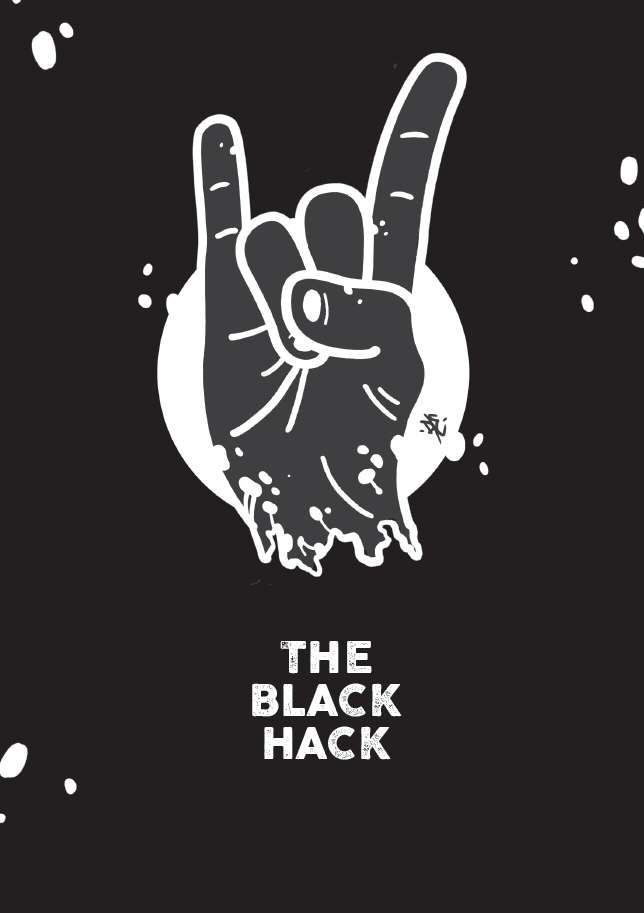

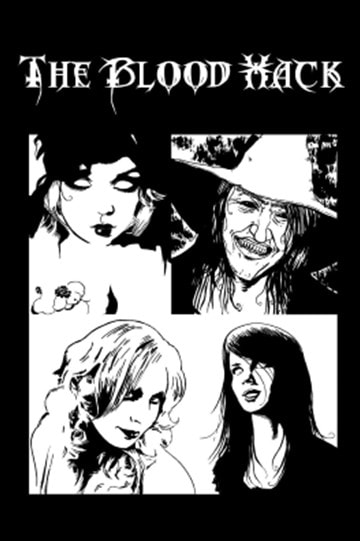
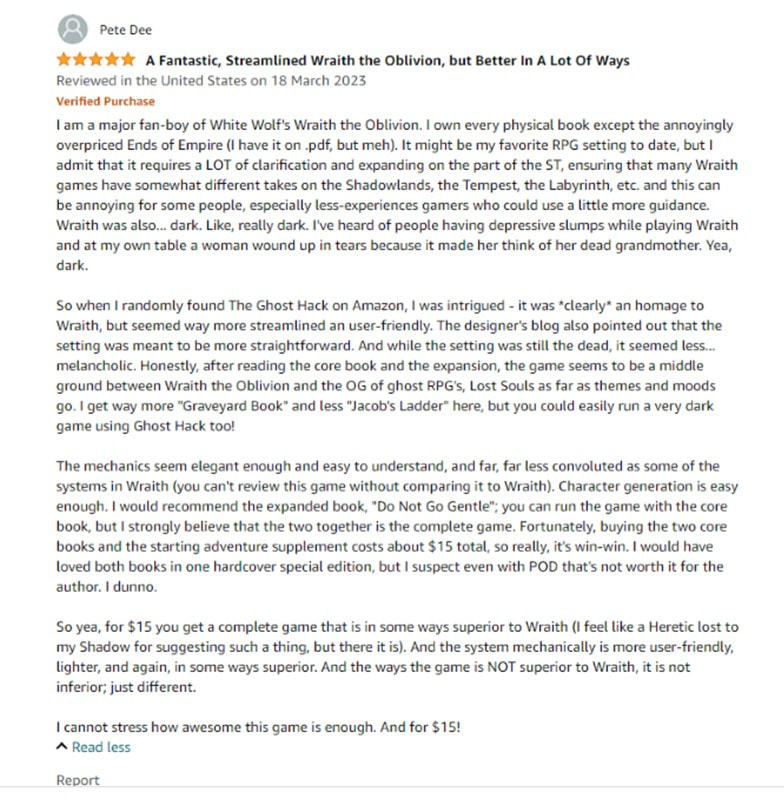
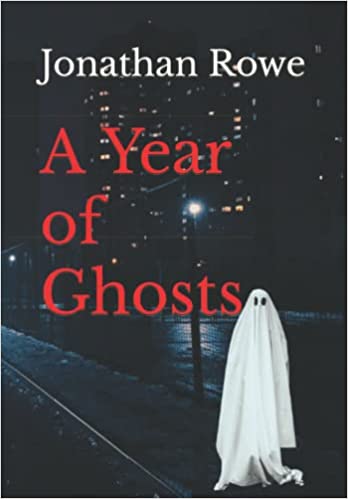
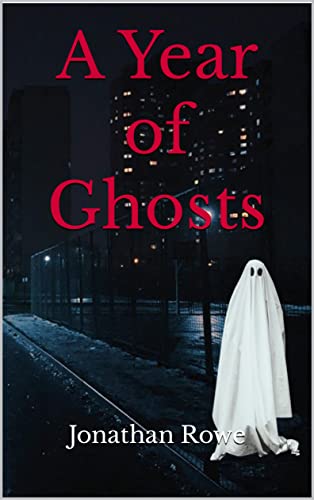
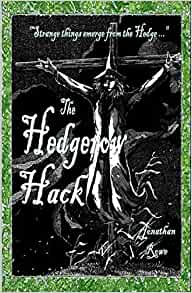
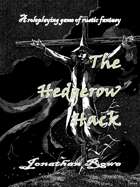
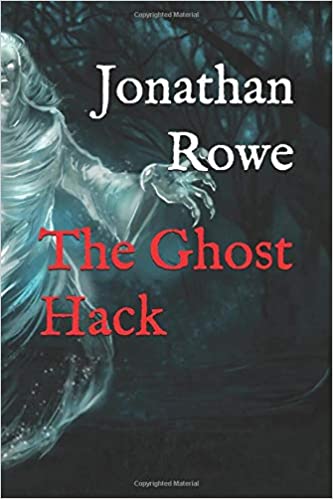
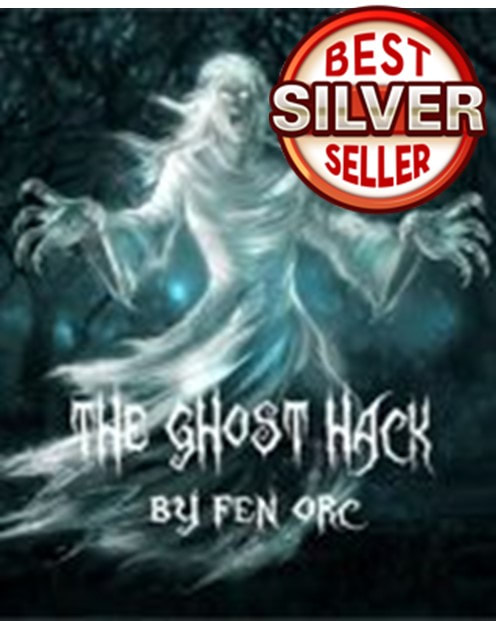
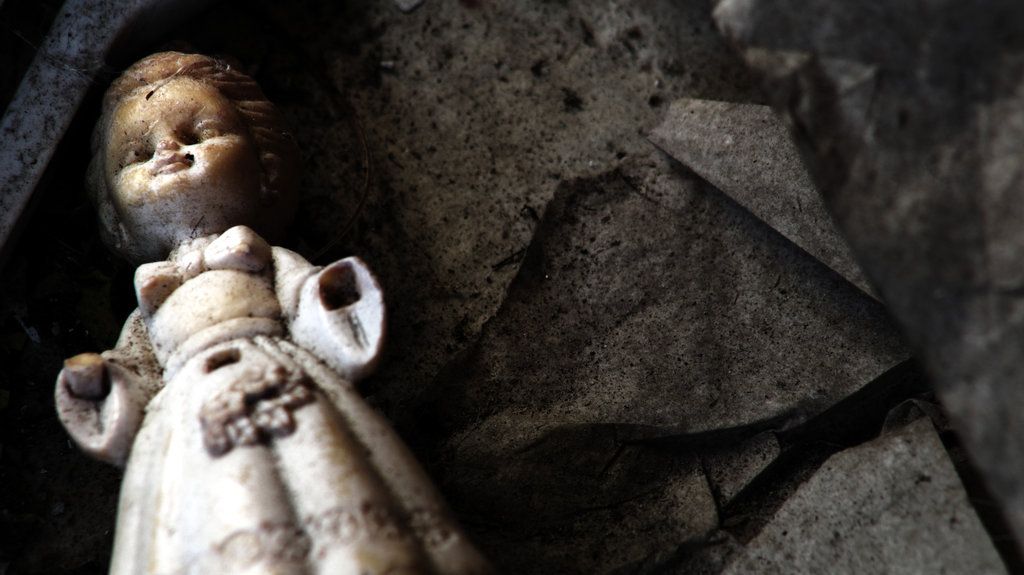

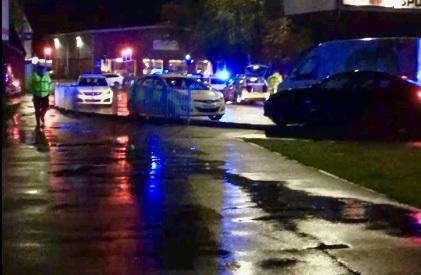

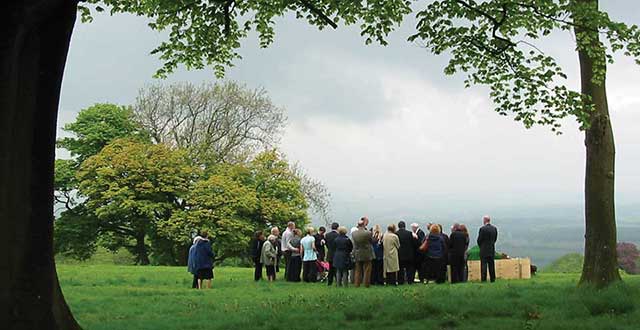





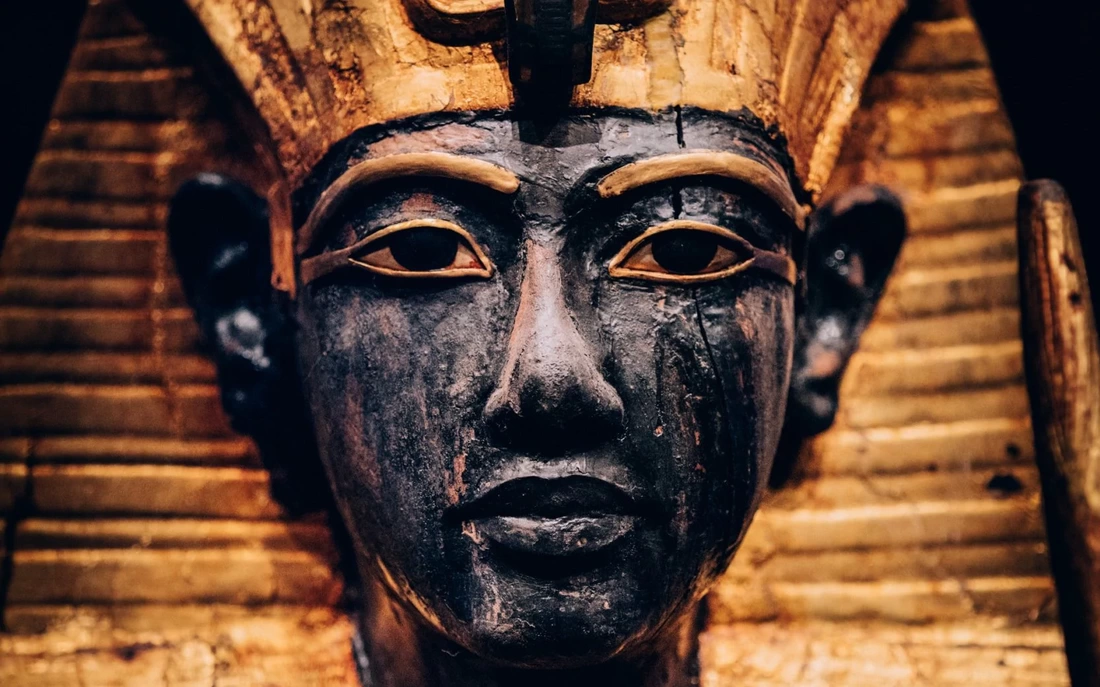
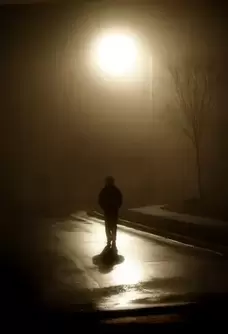
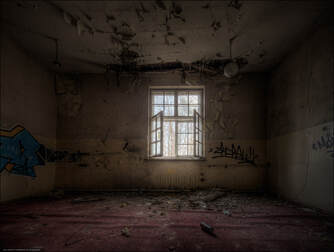
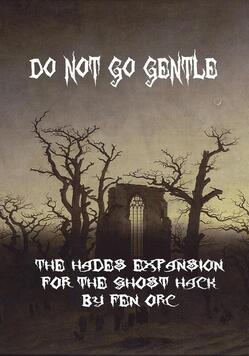
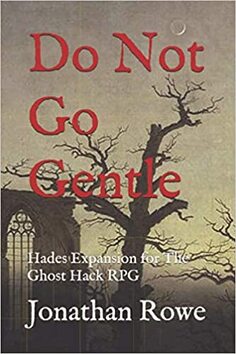
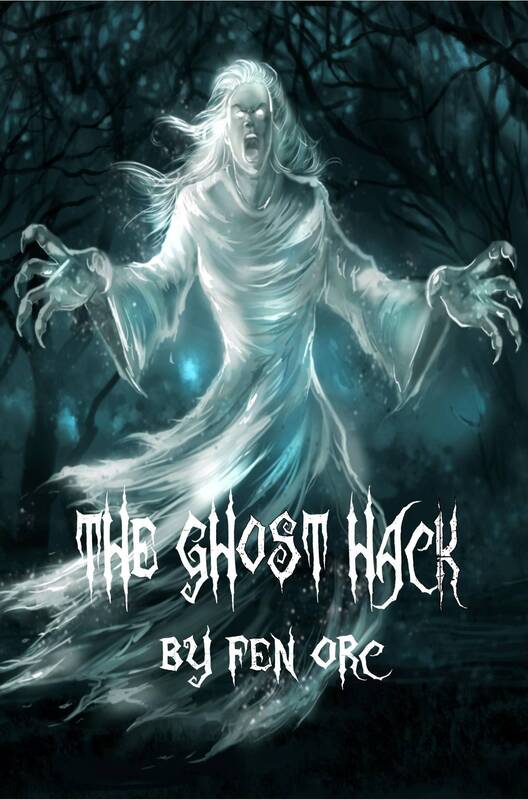
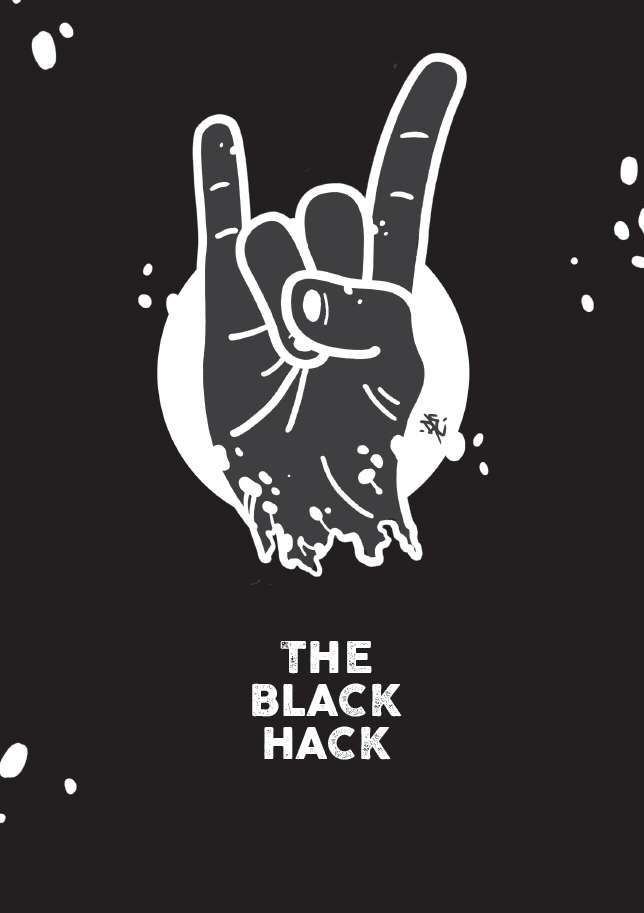
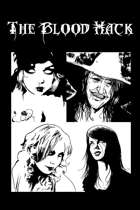
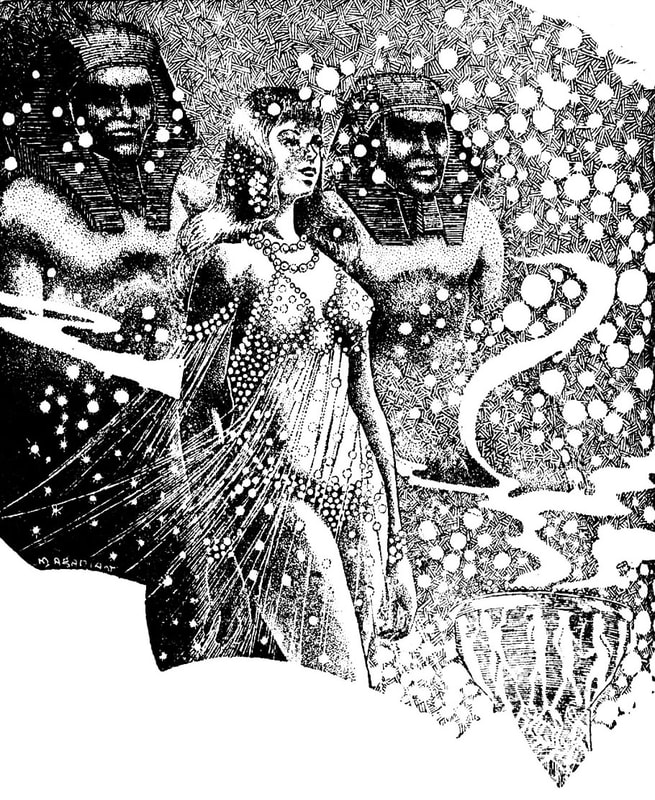
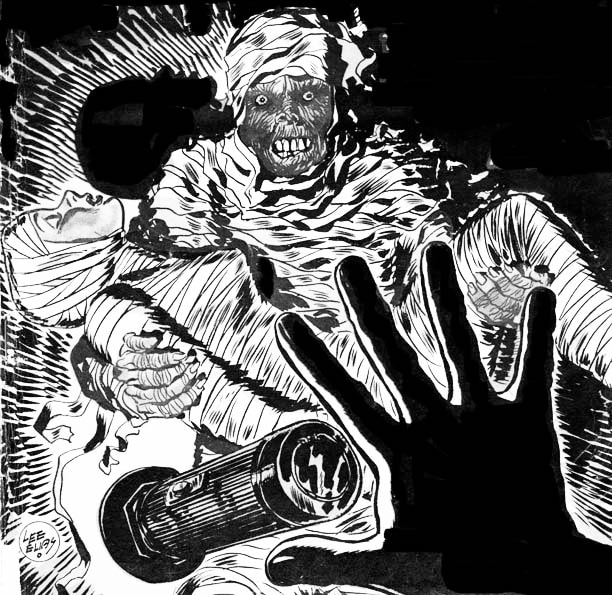
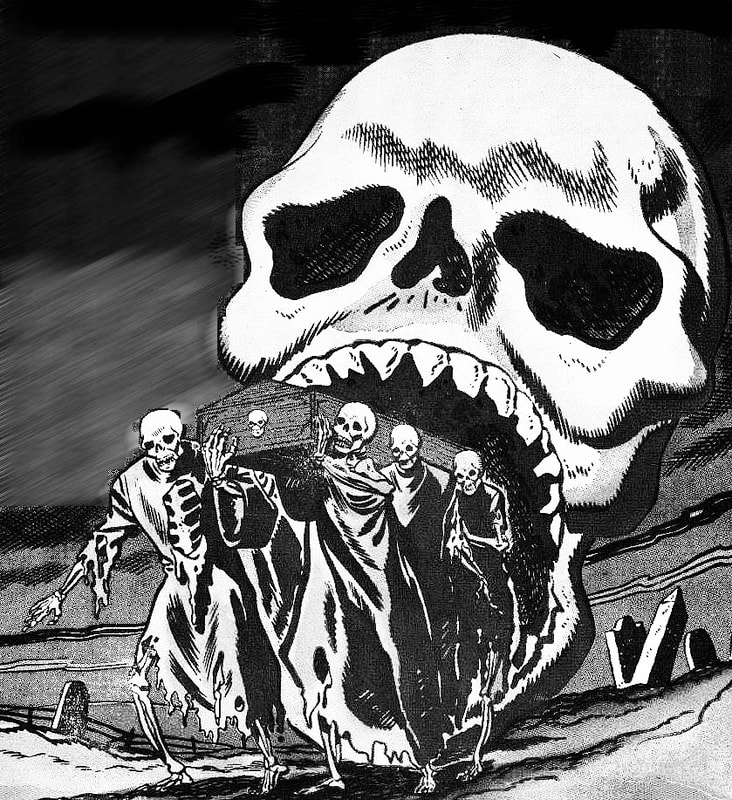


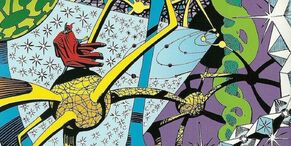
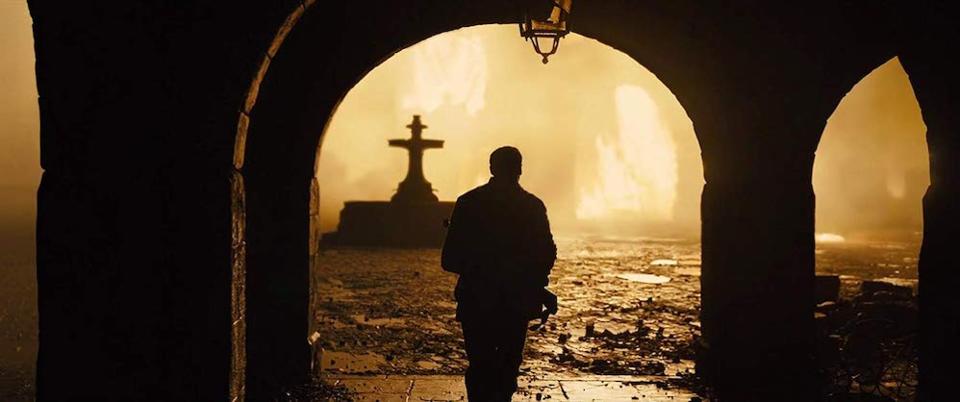
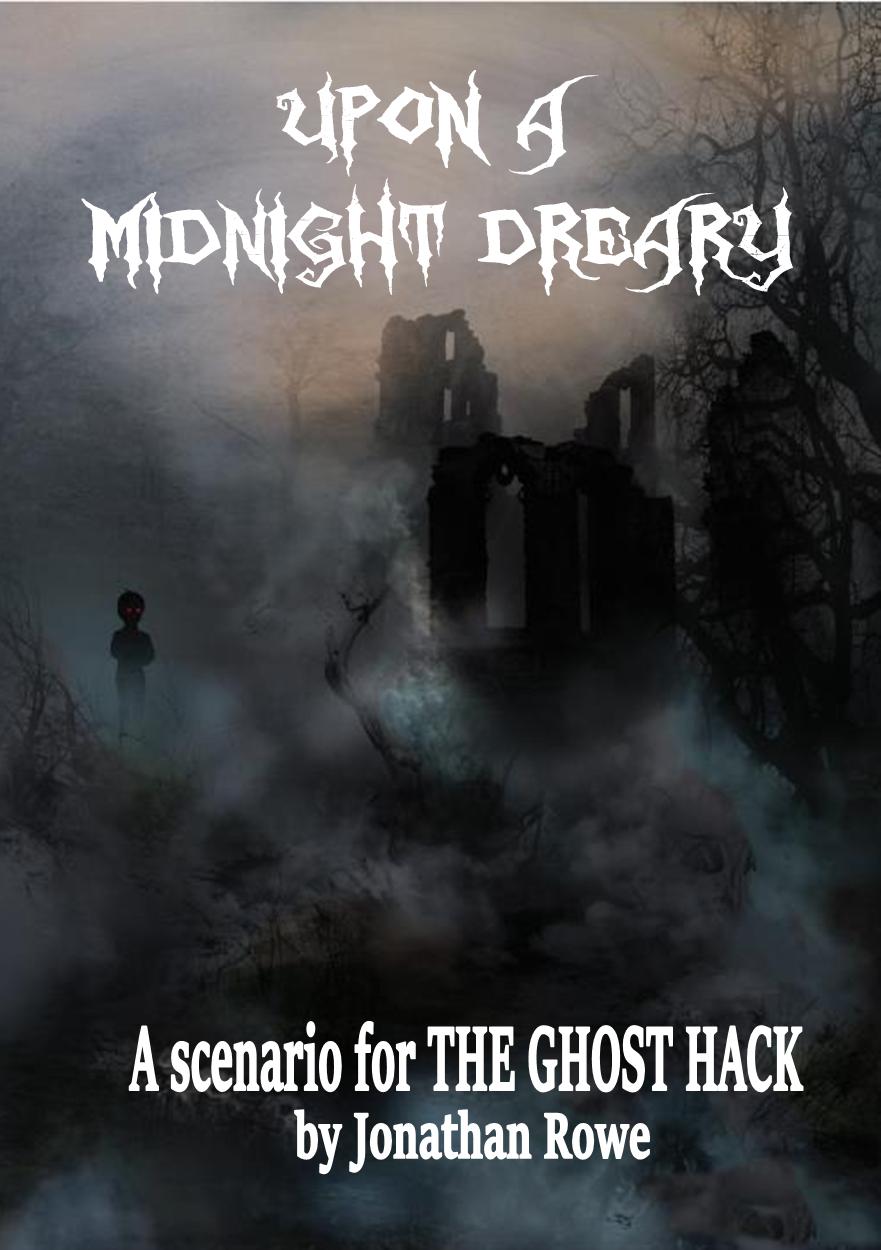
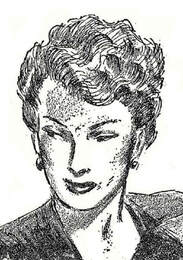
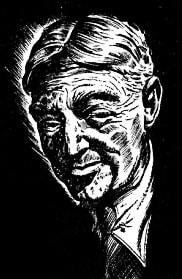
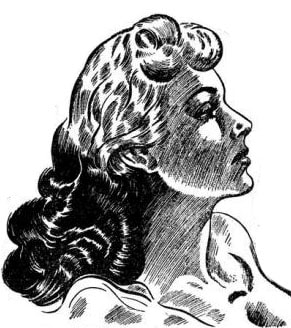
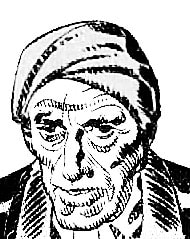
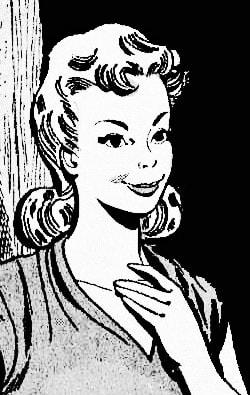
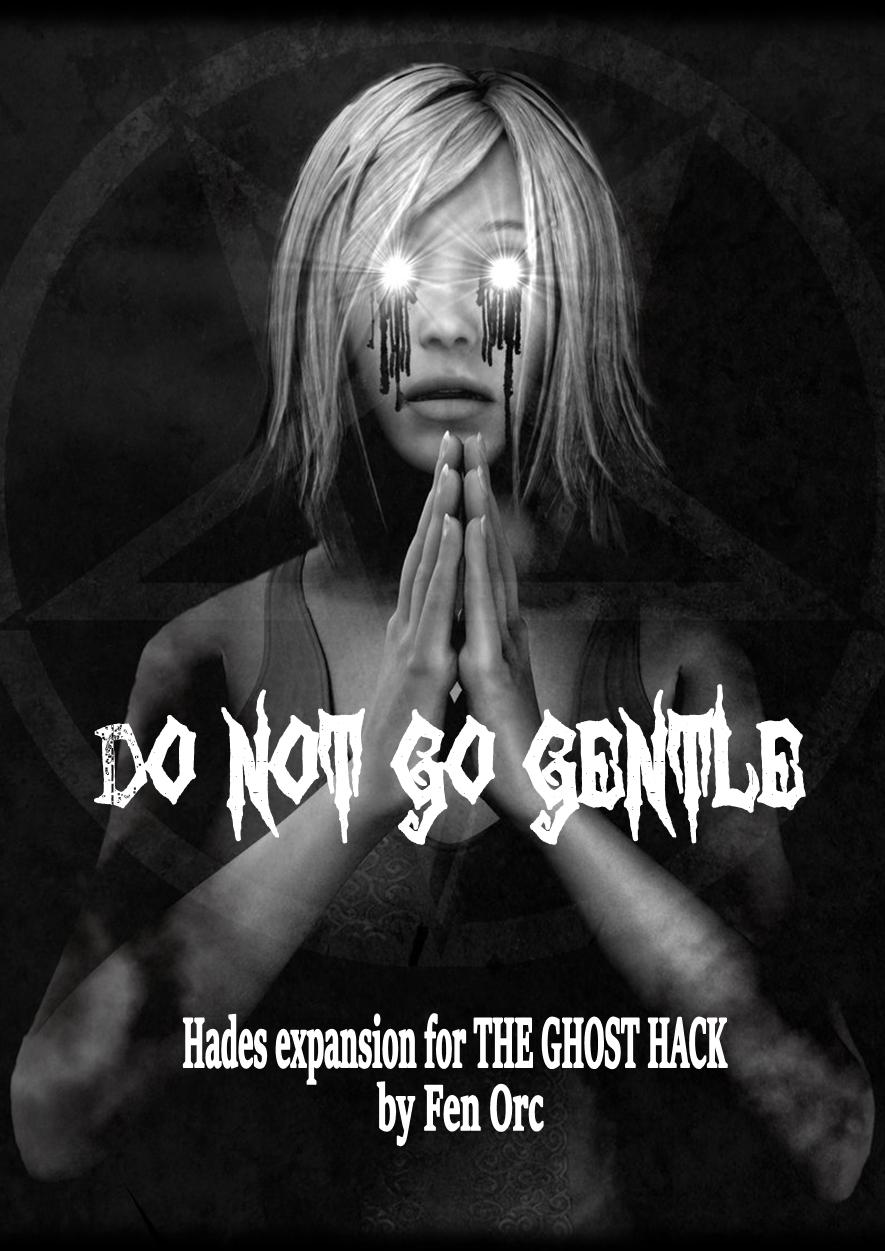
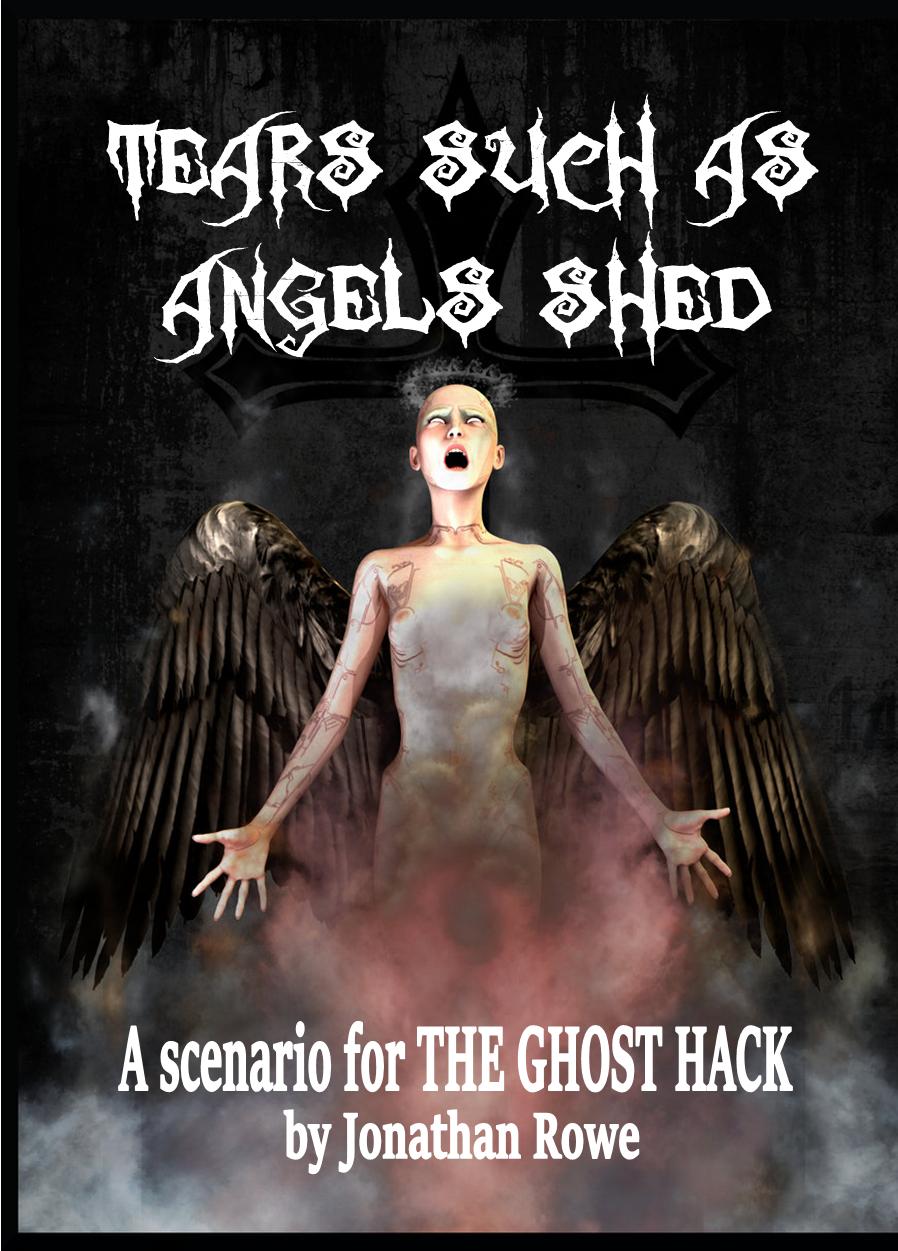

 RSS Feed
RSS Feed
